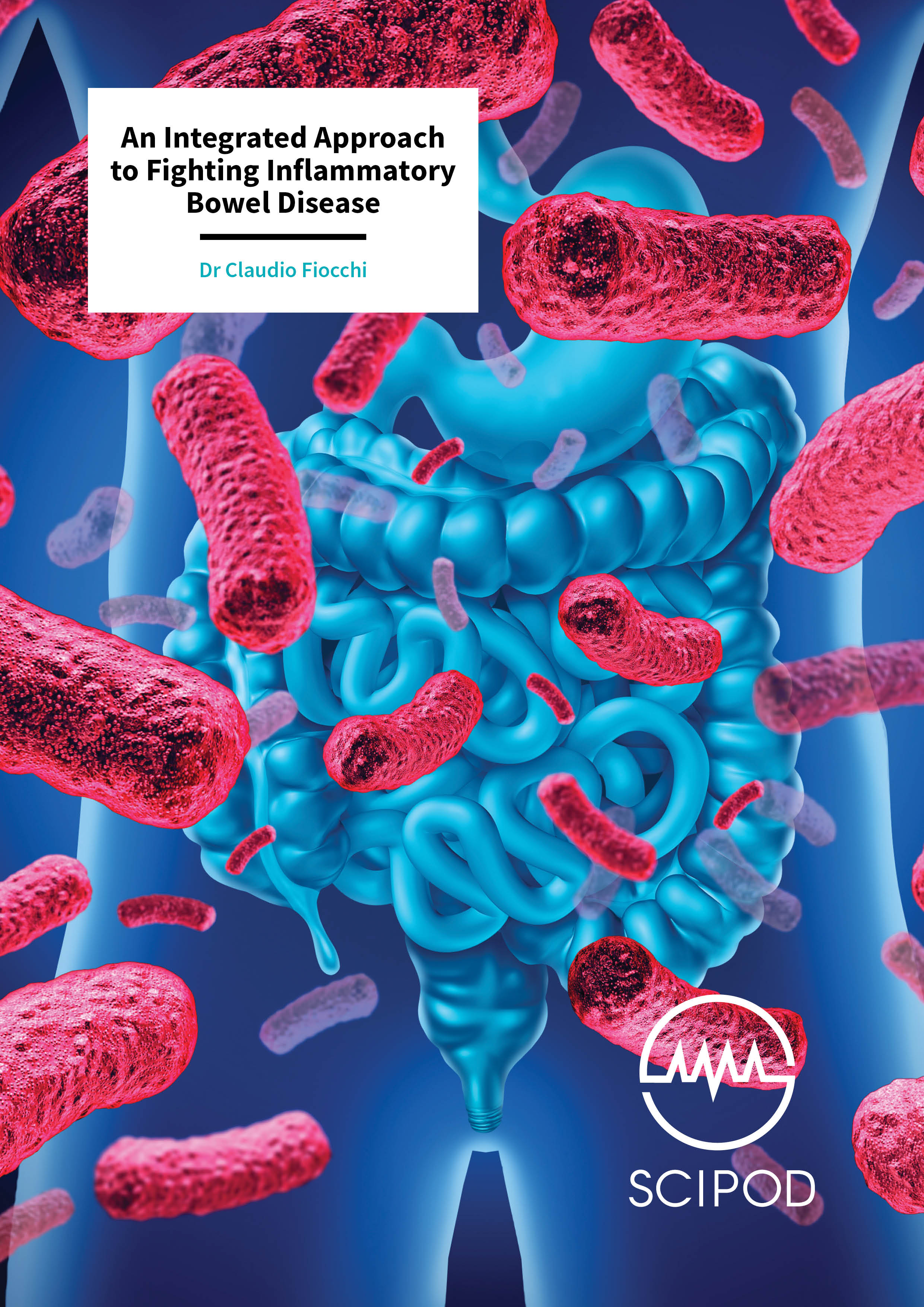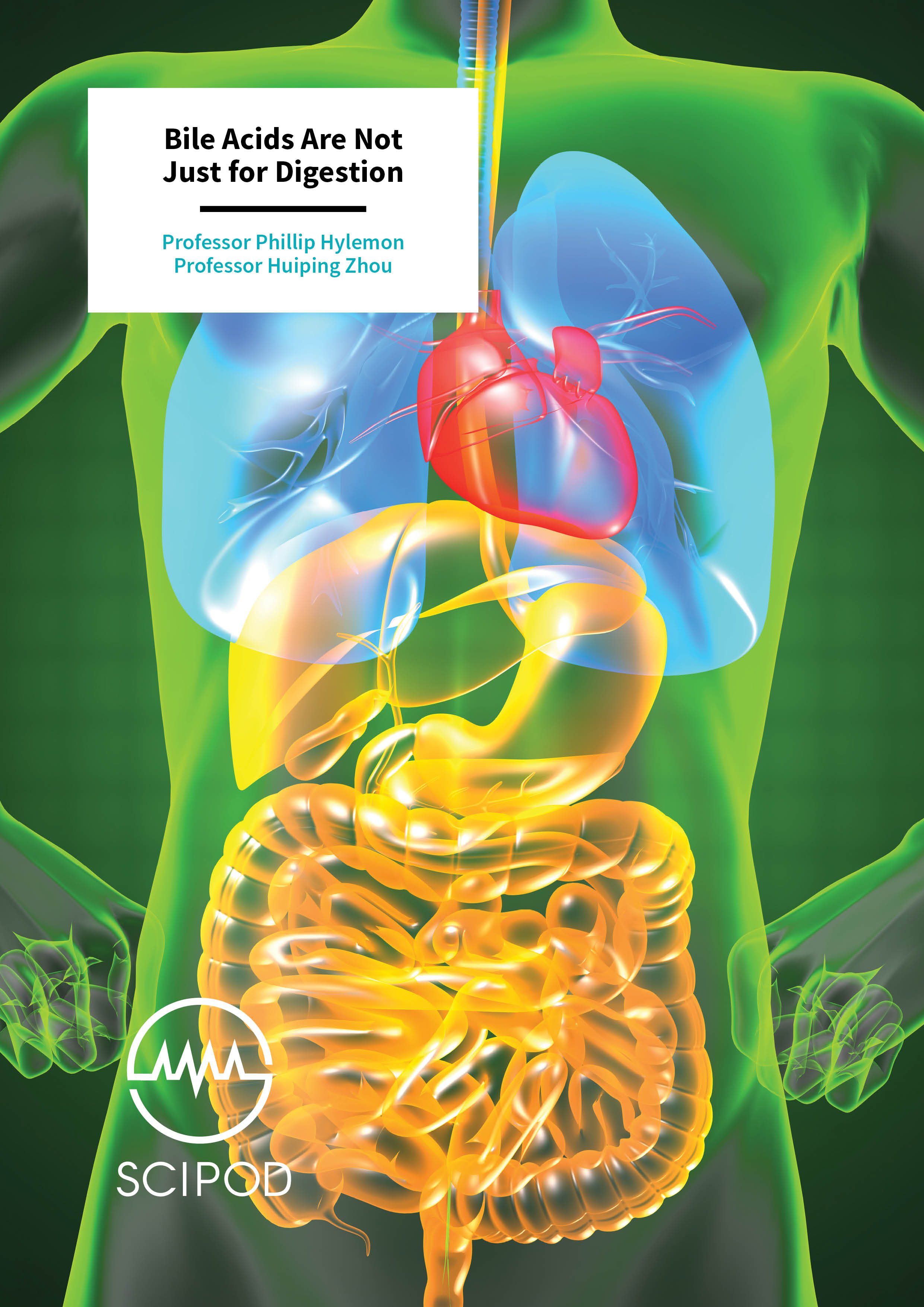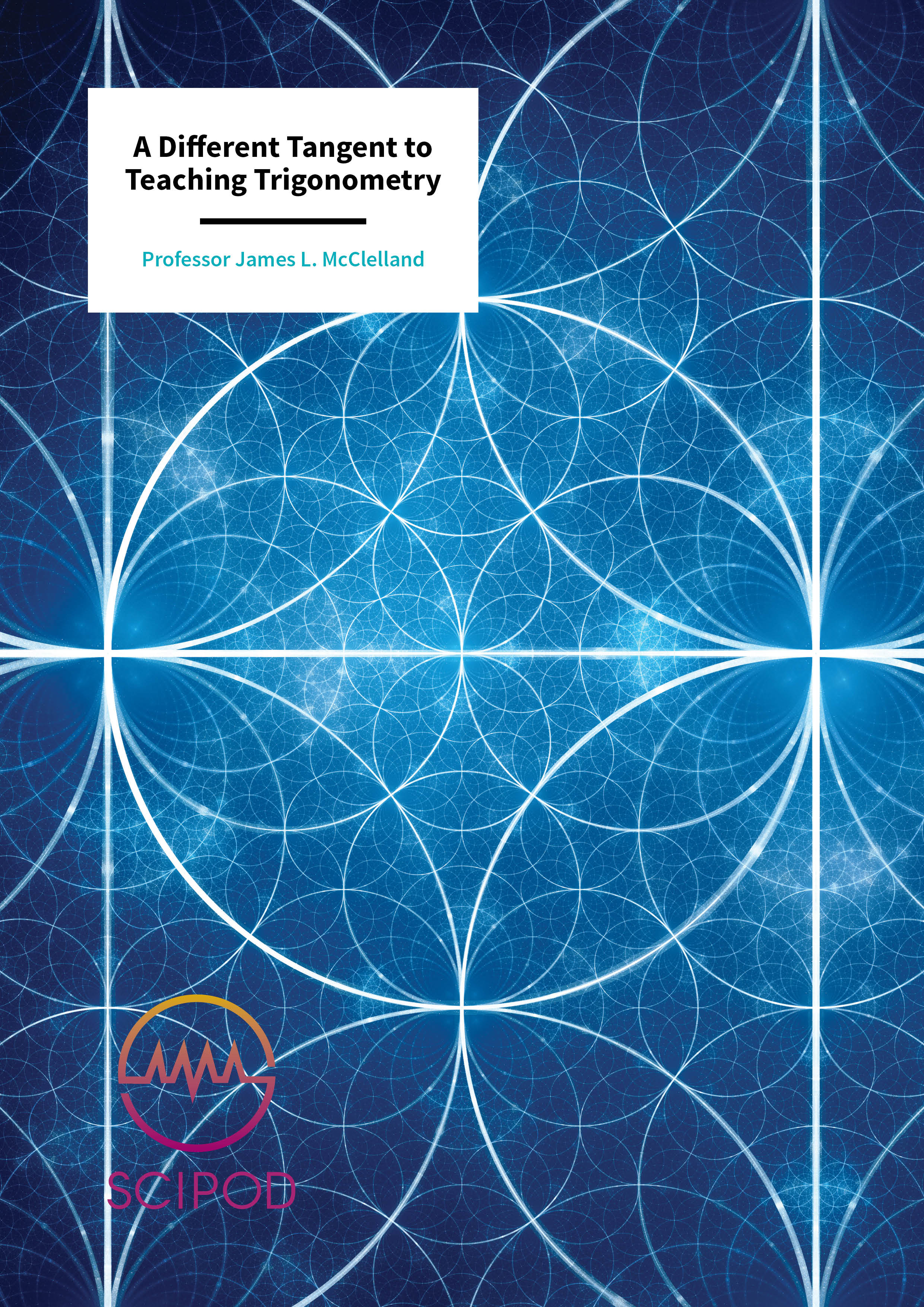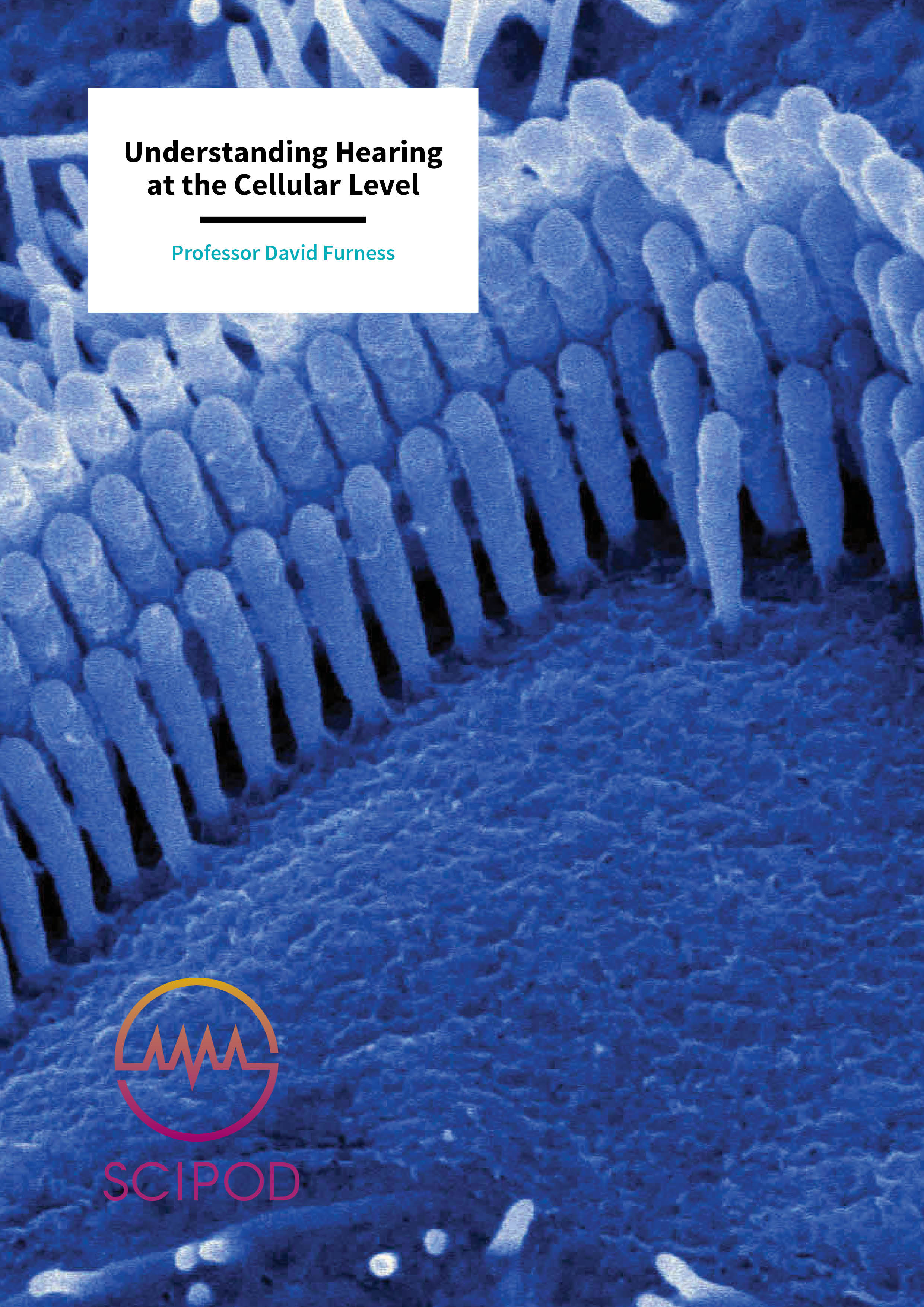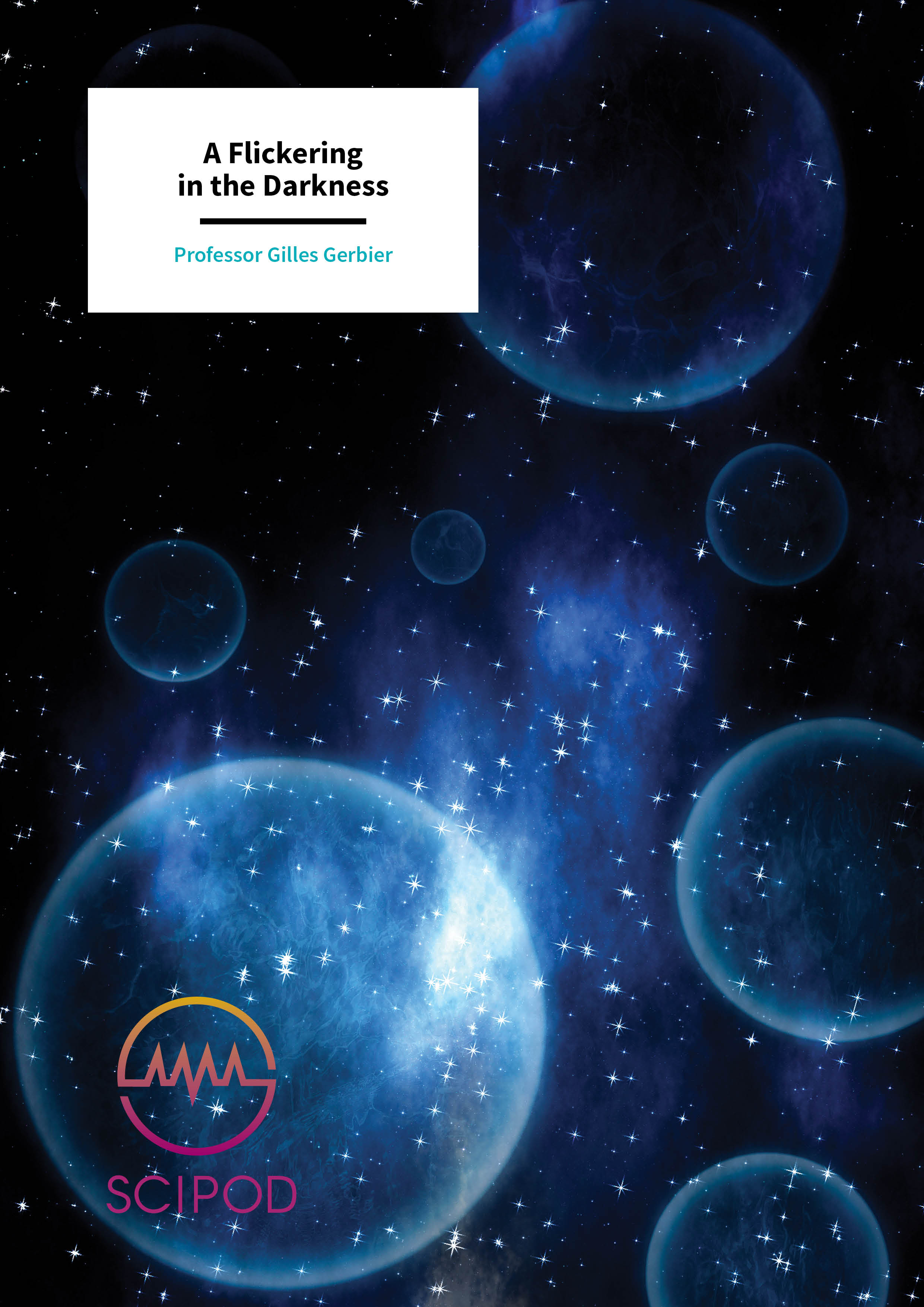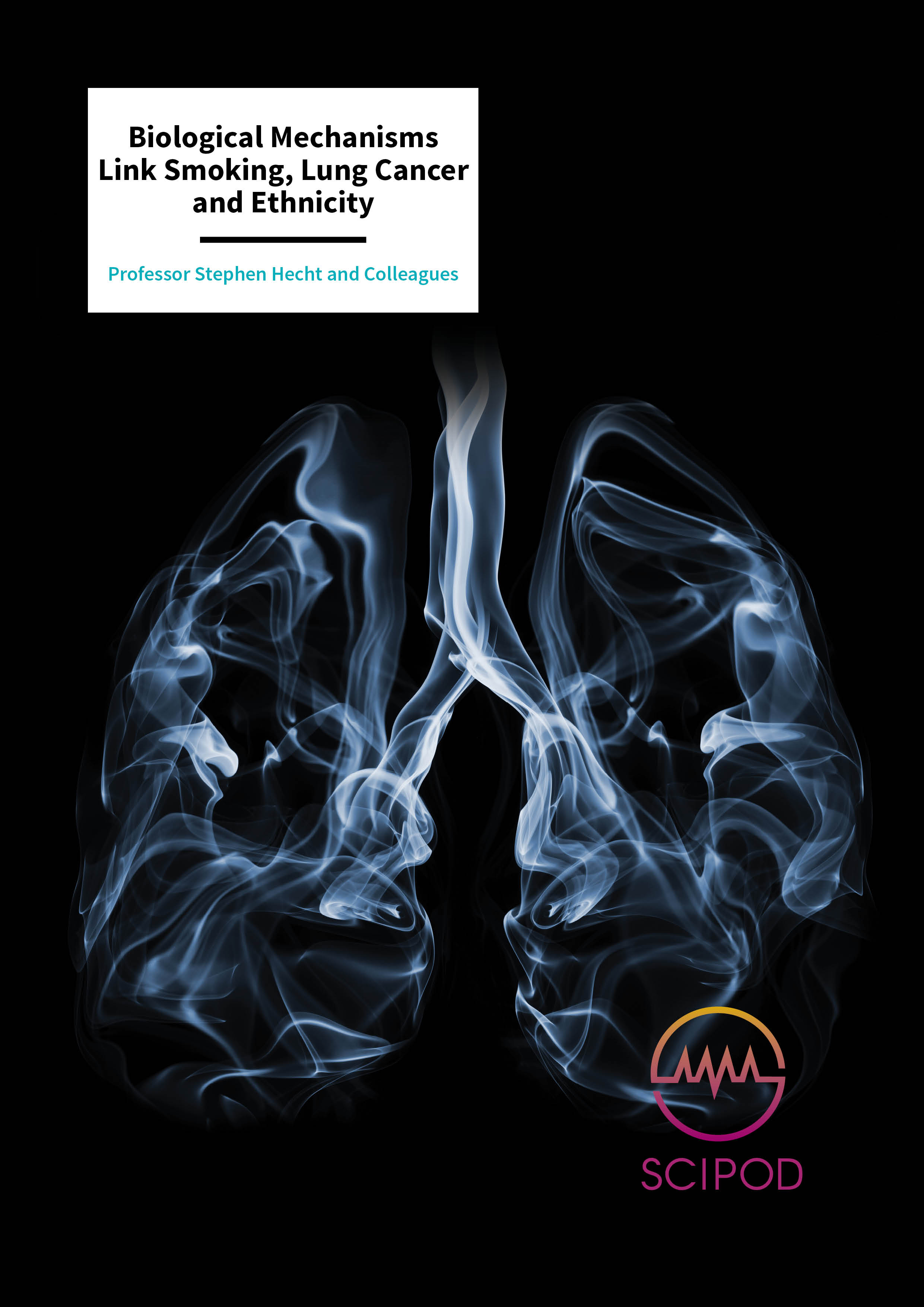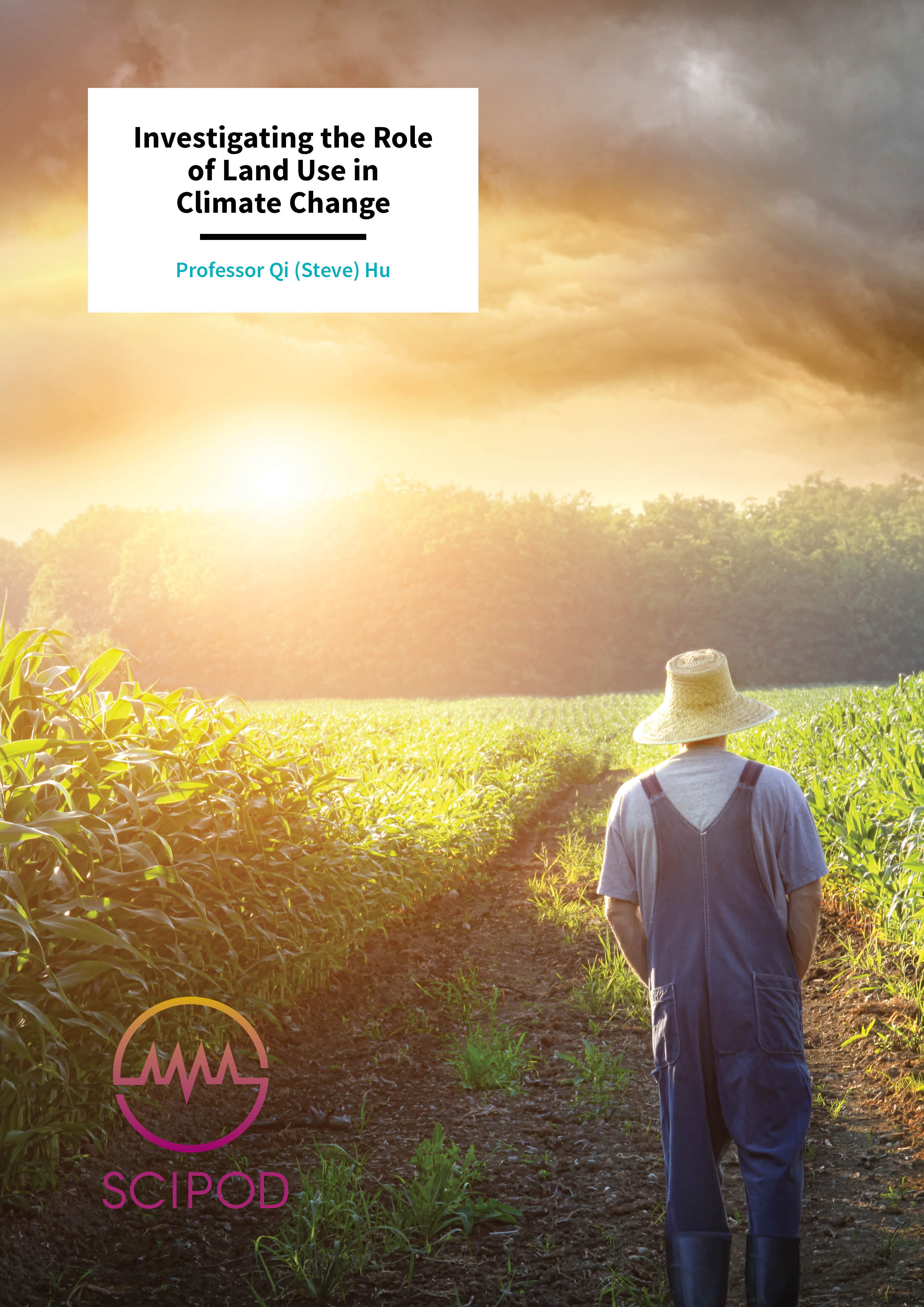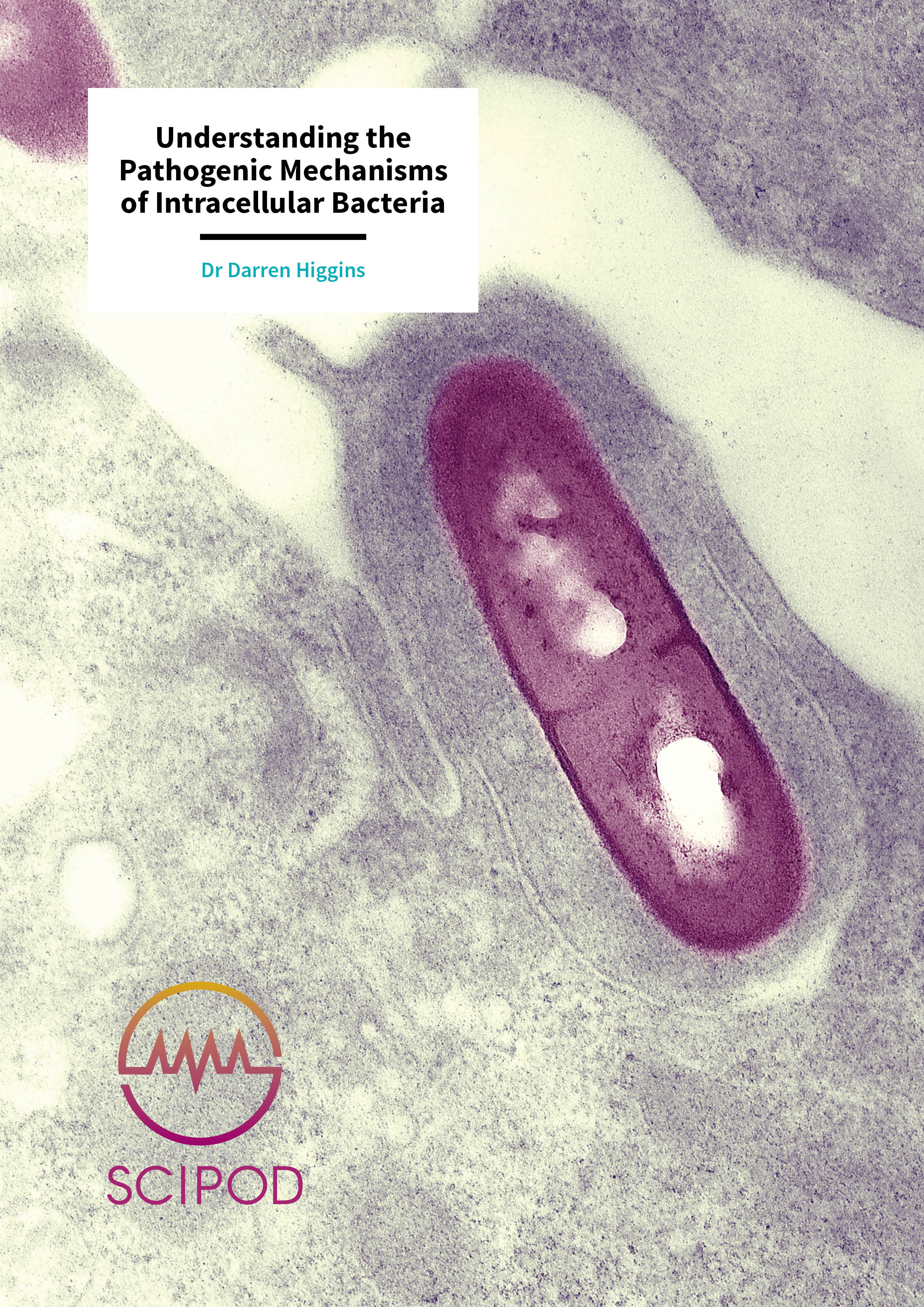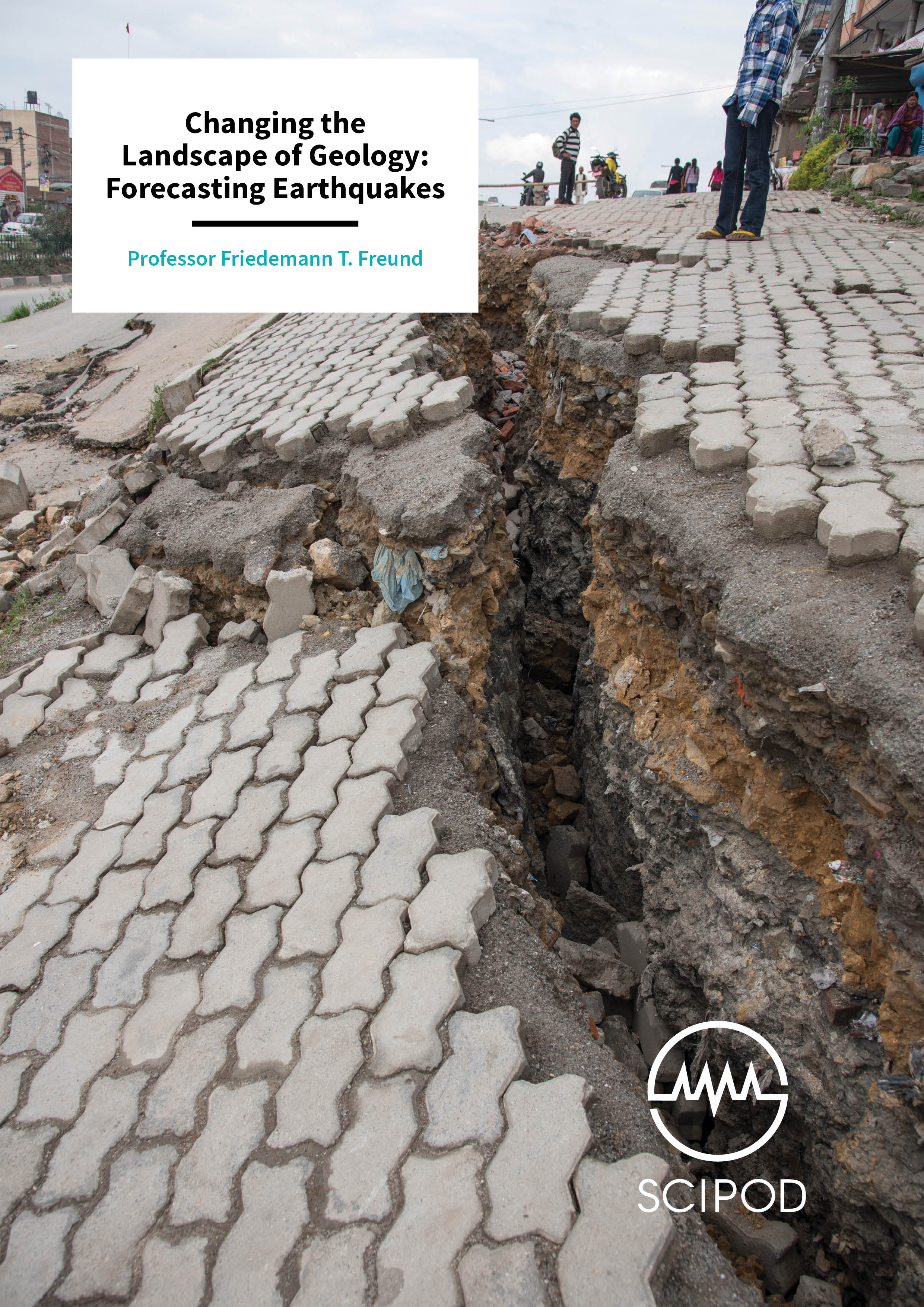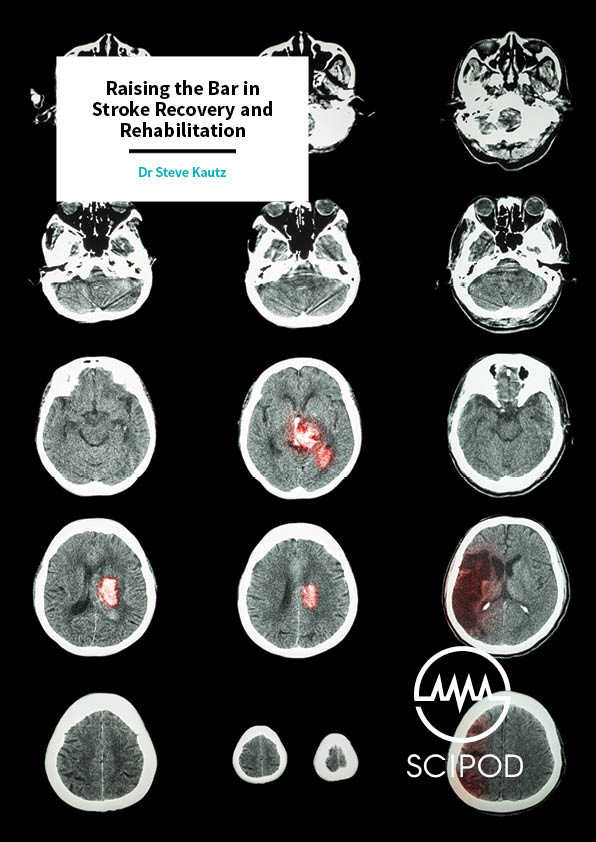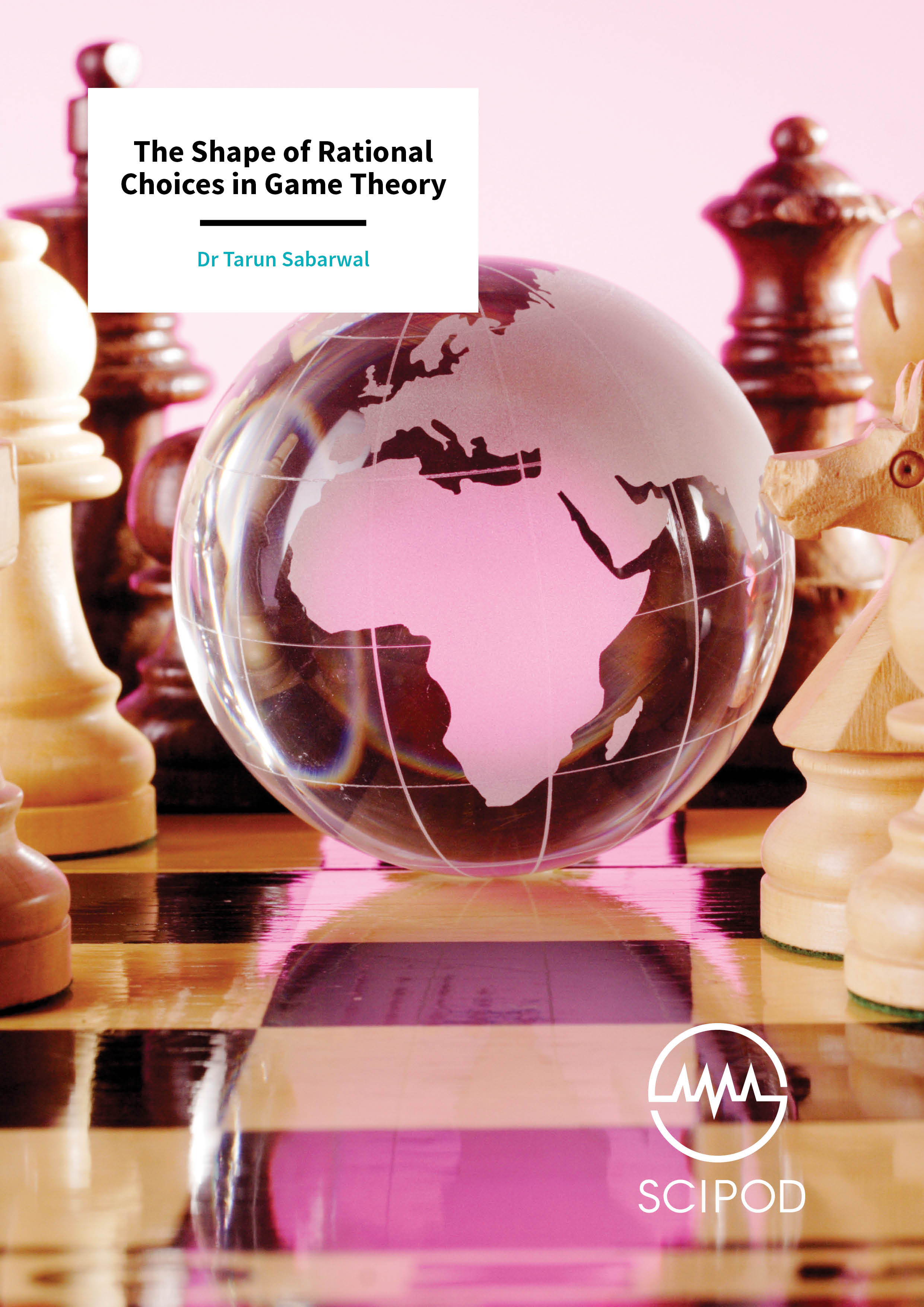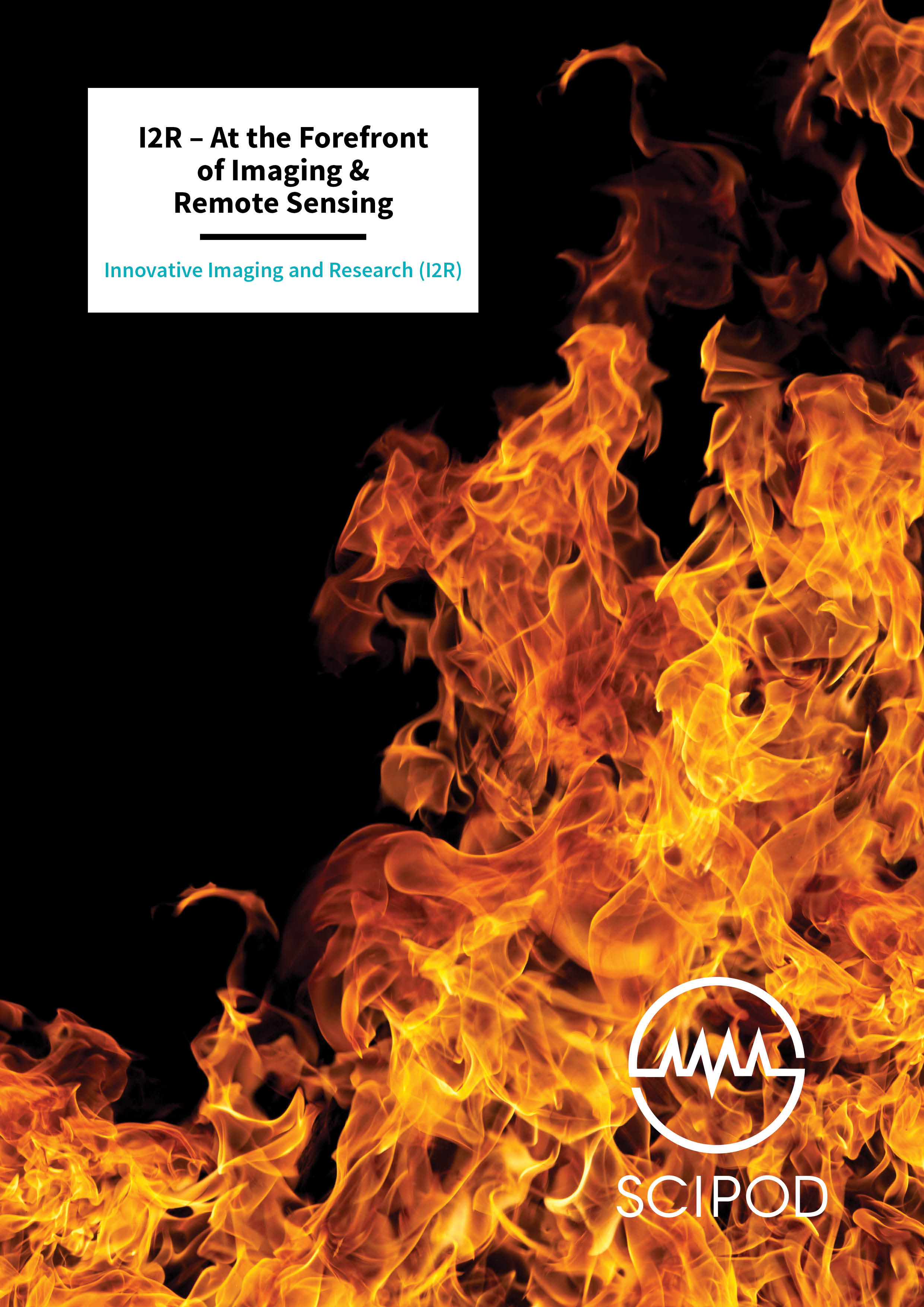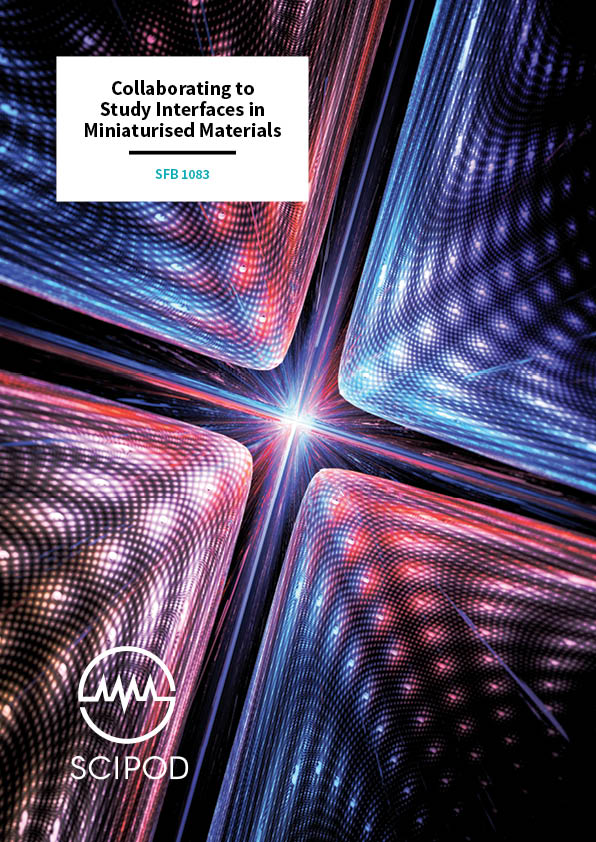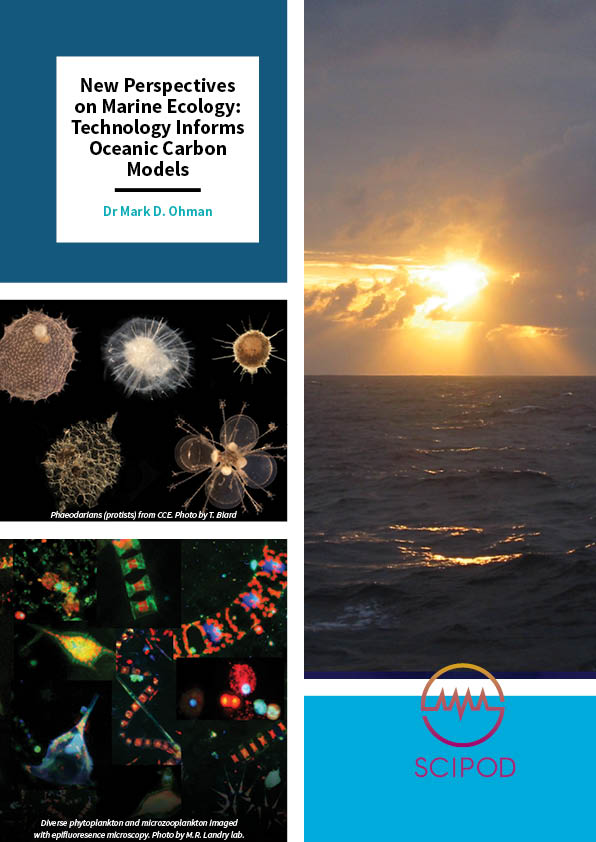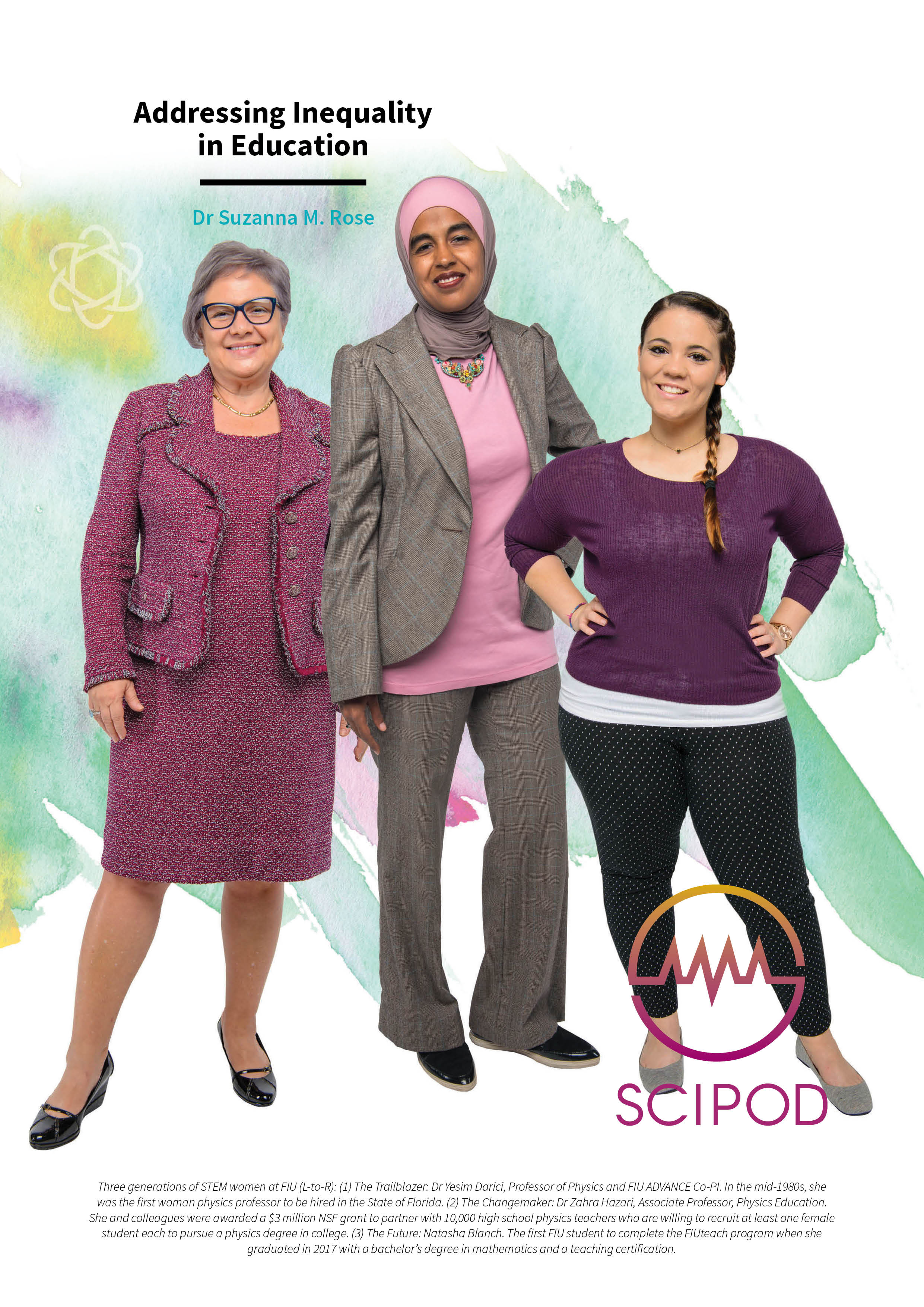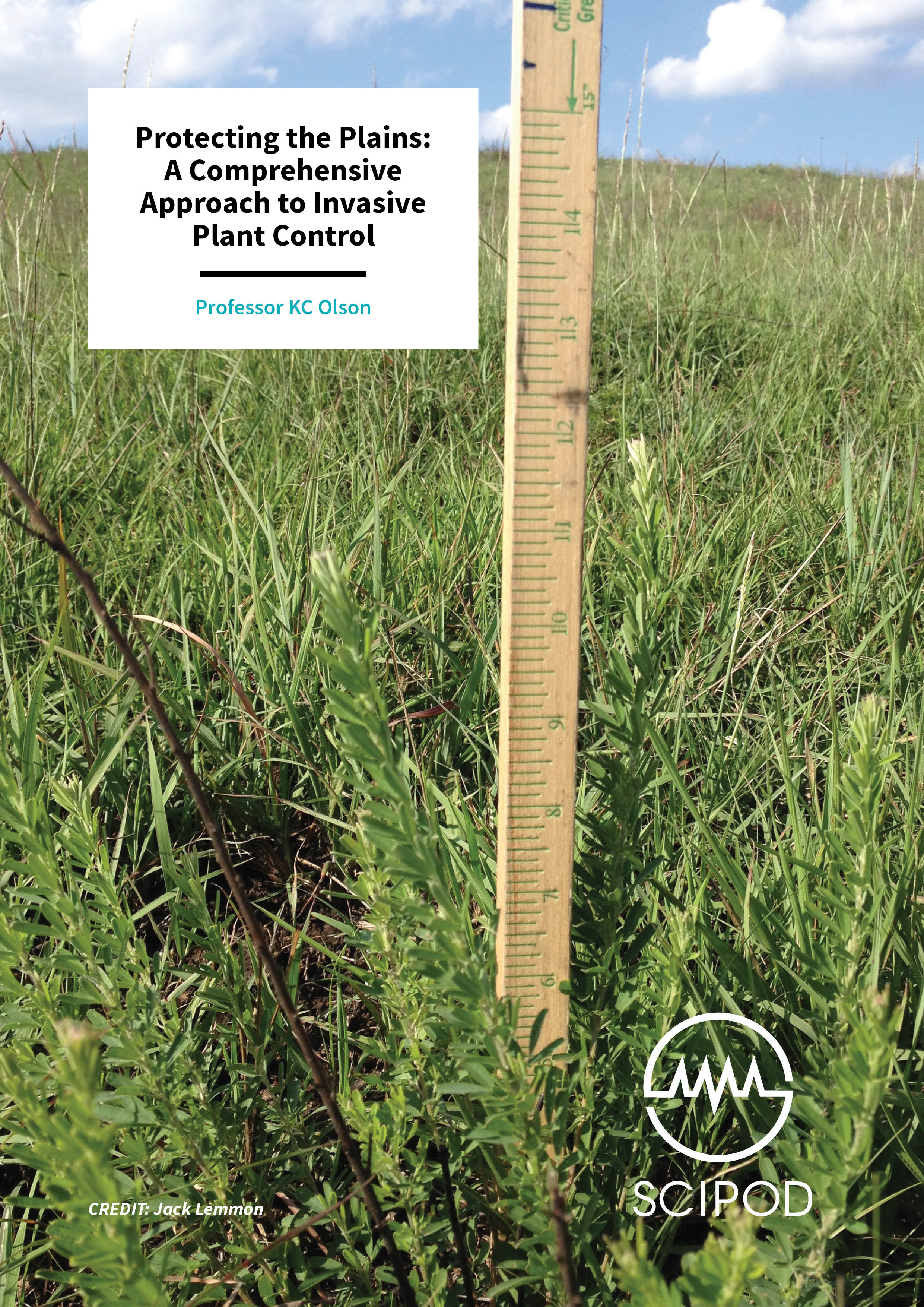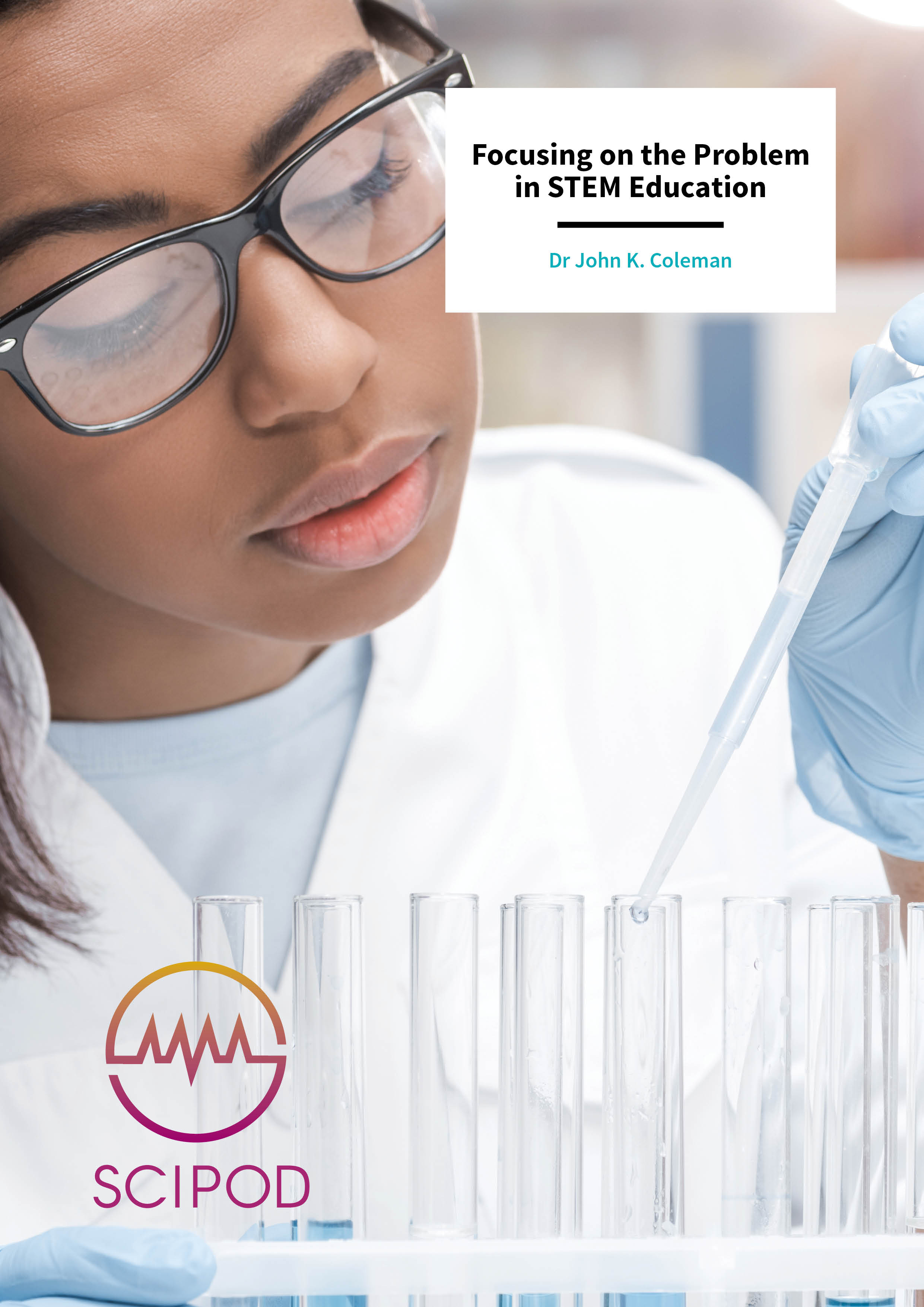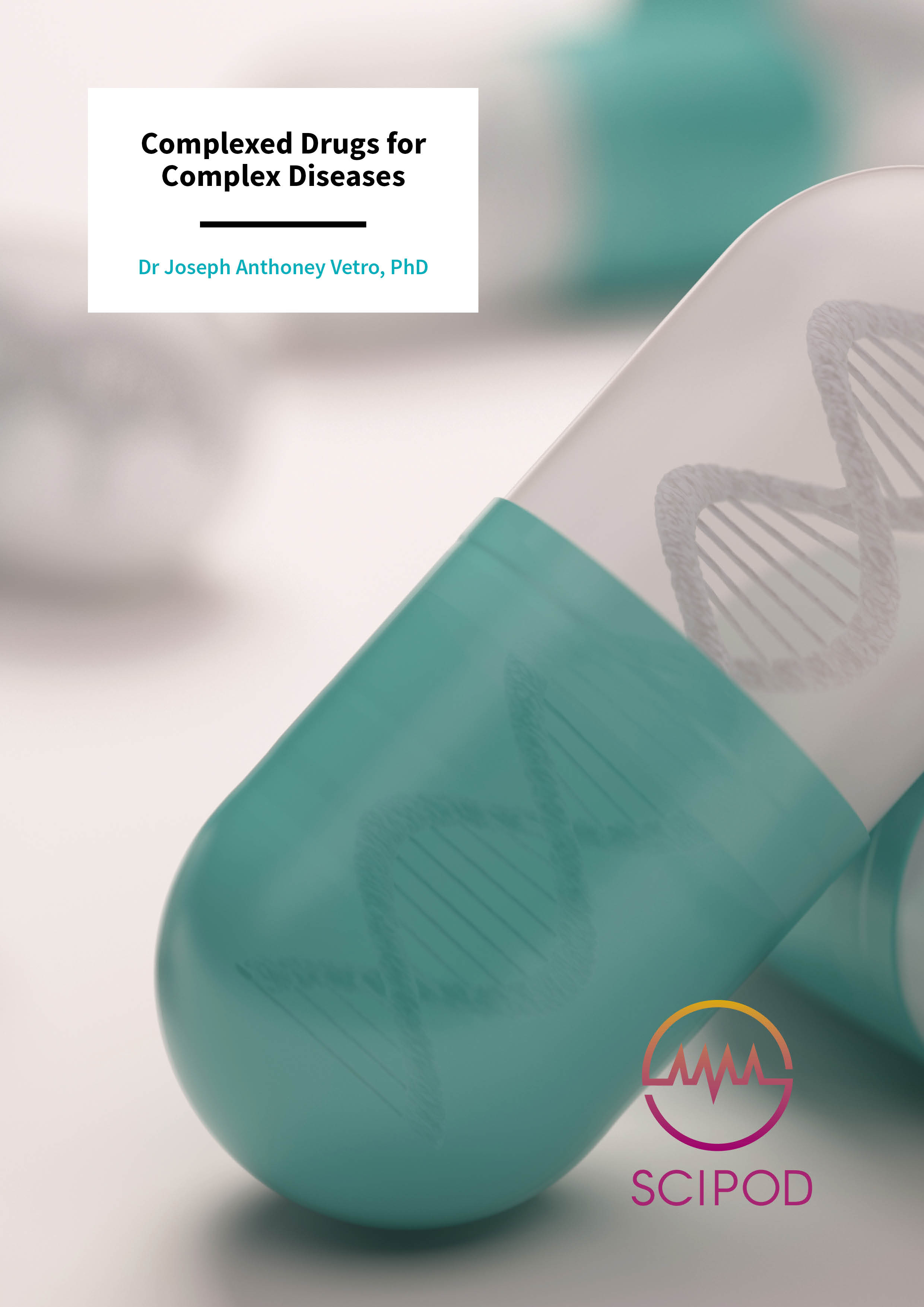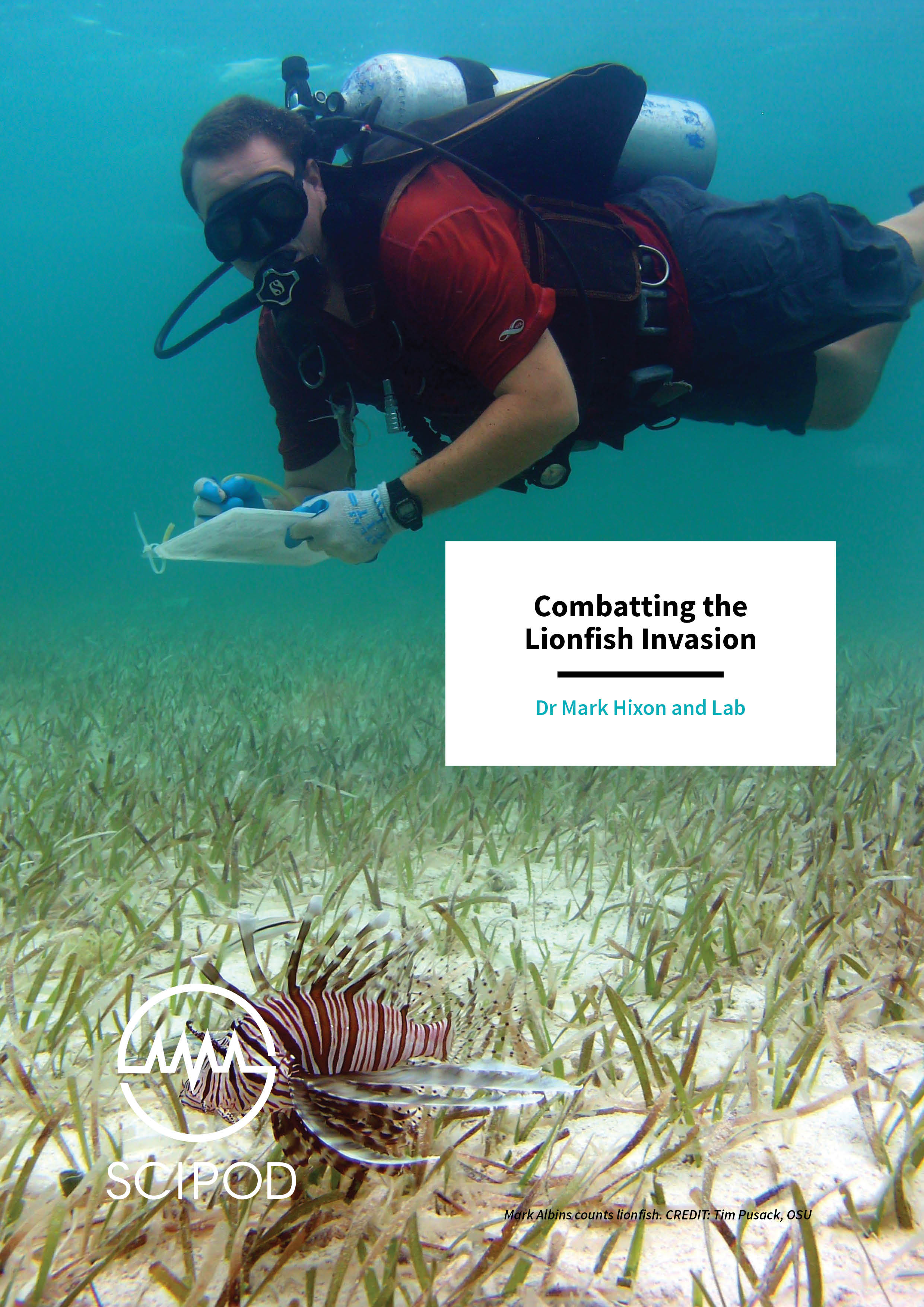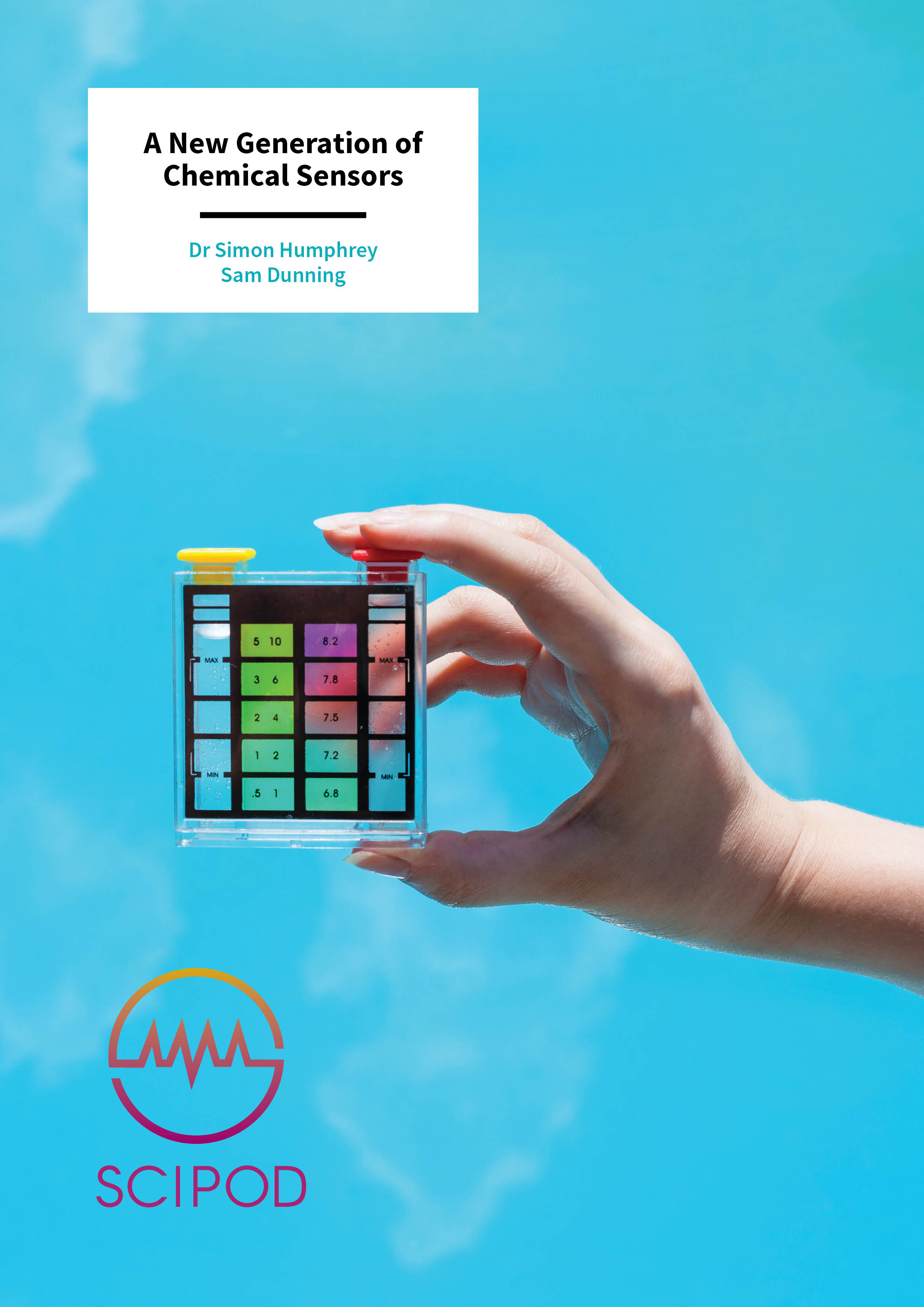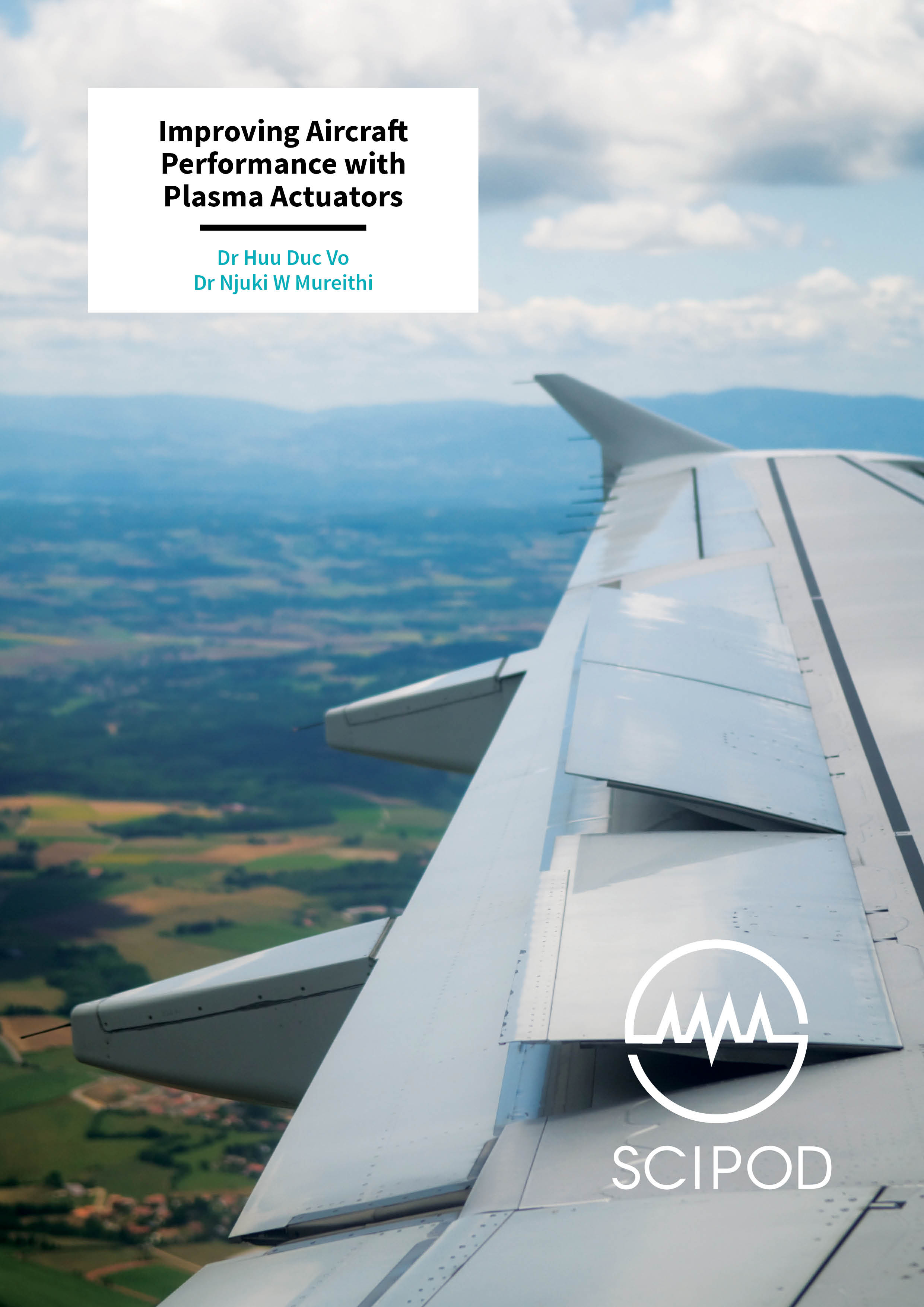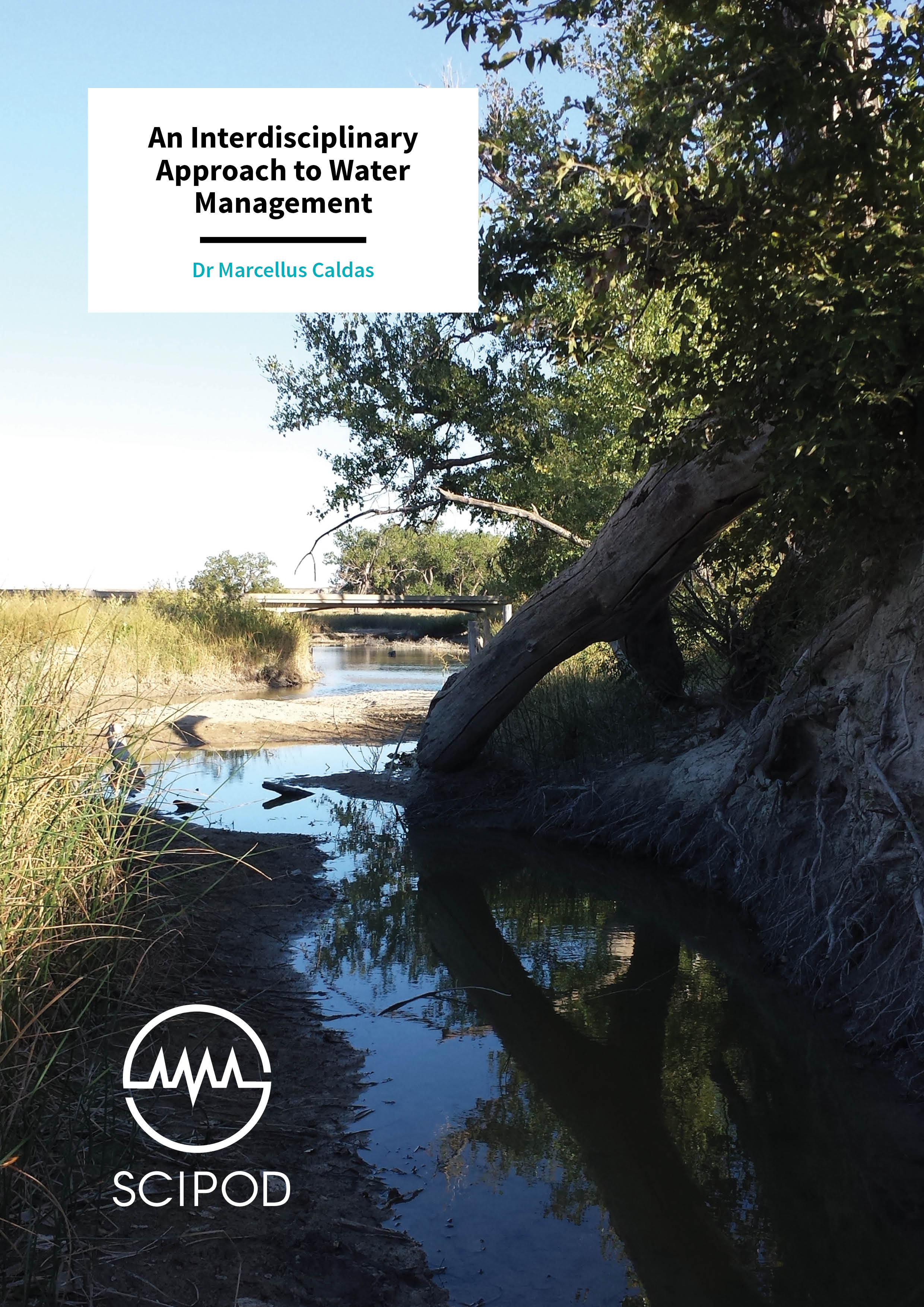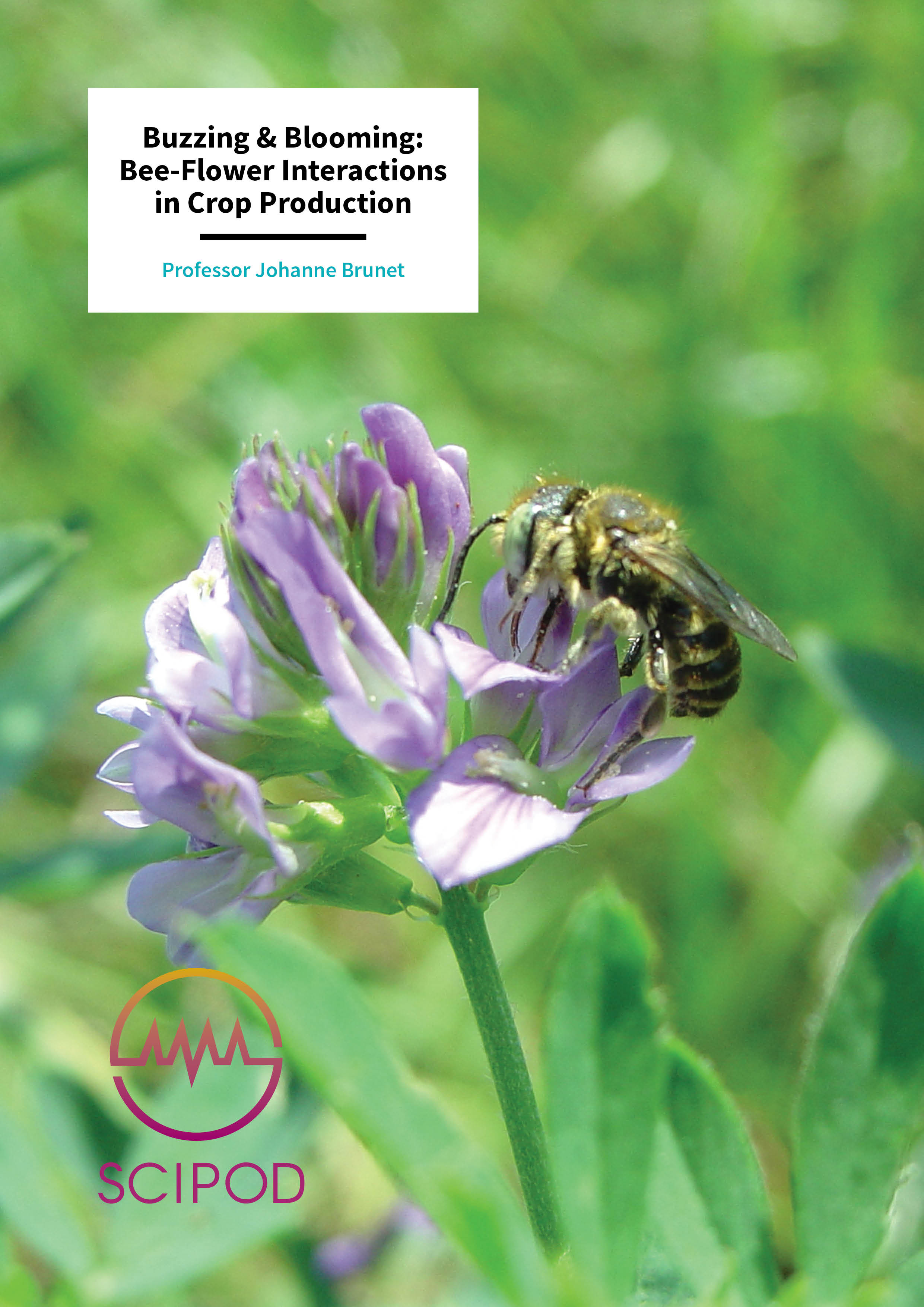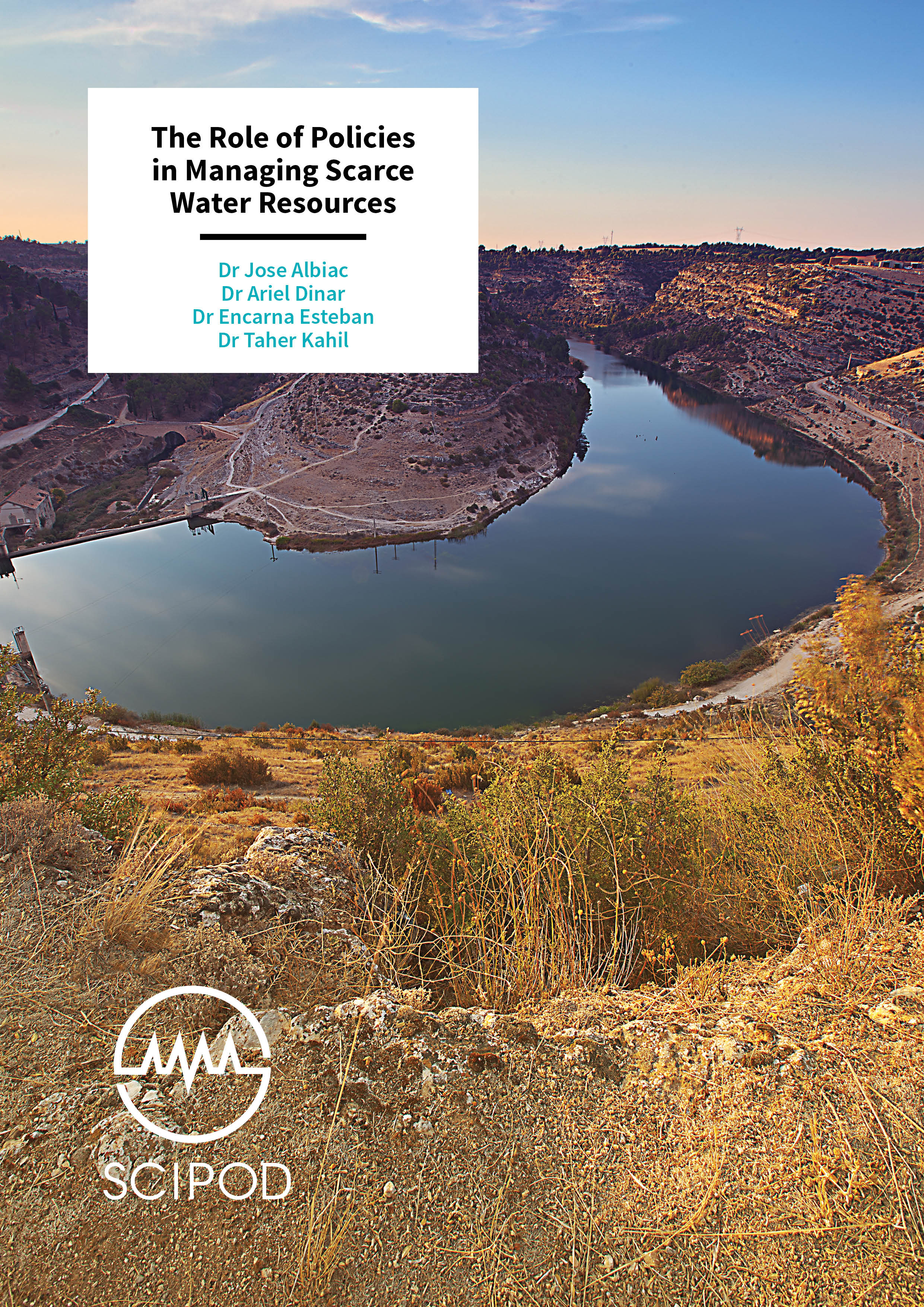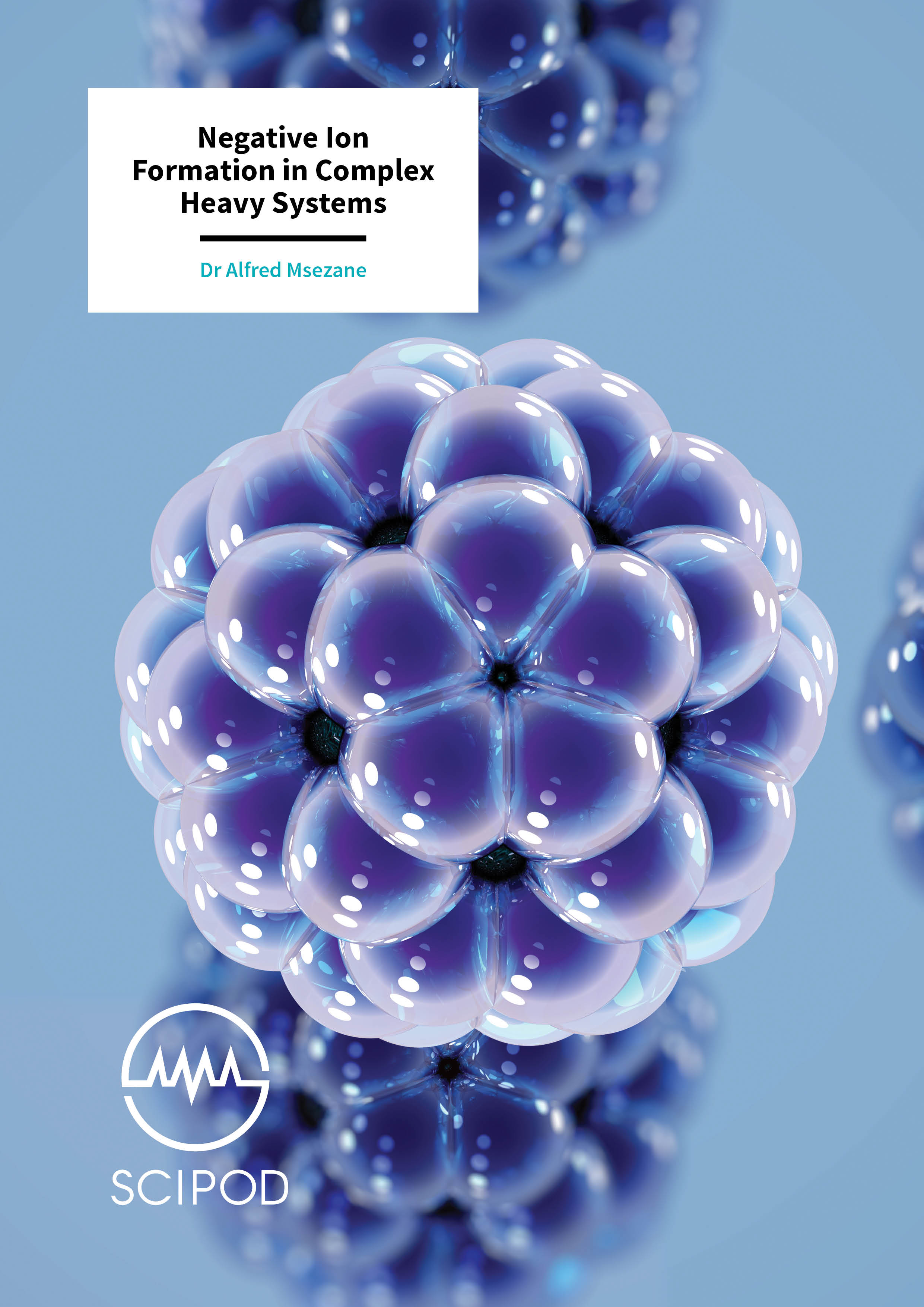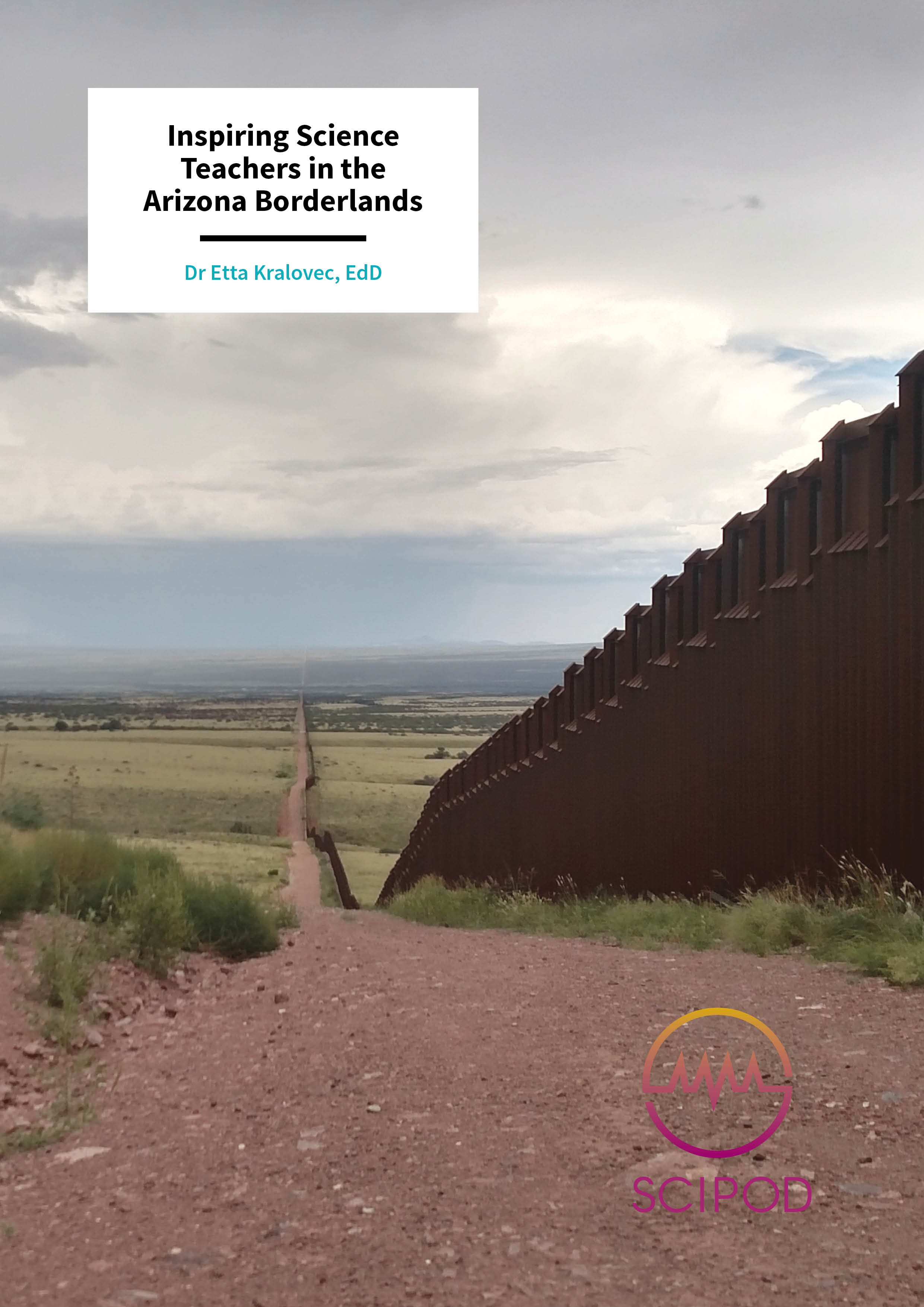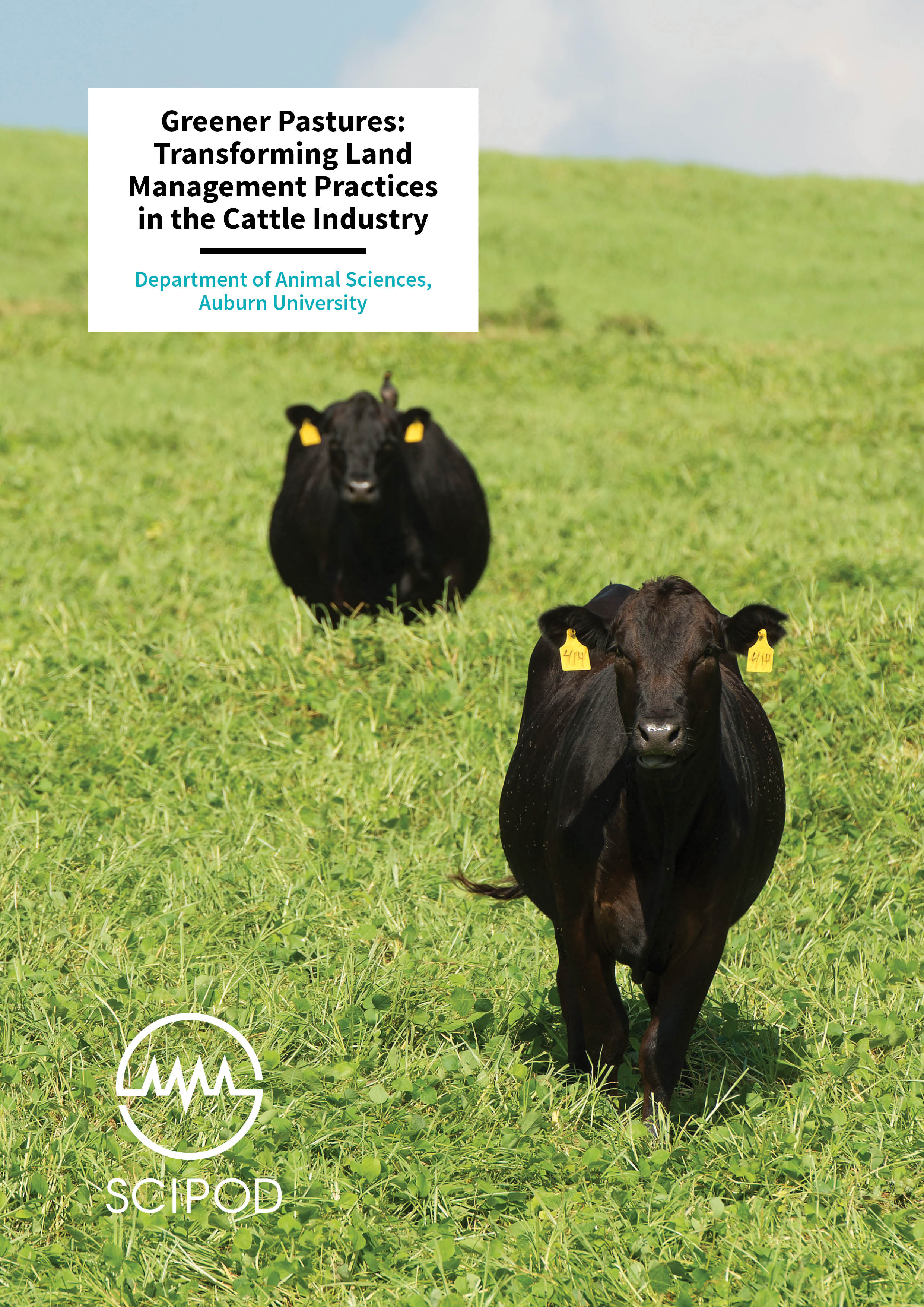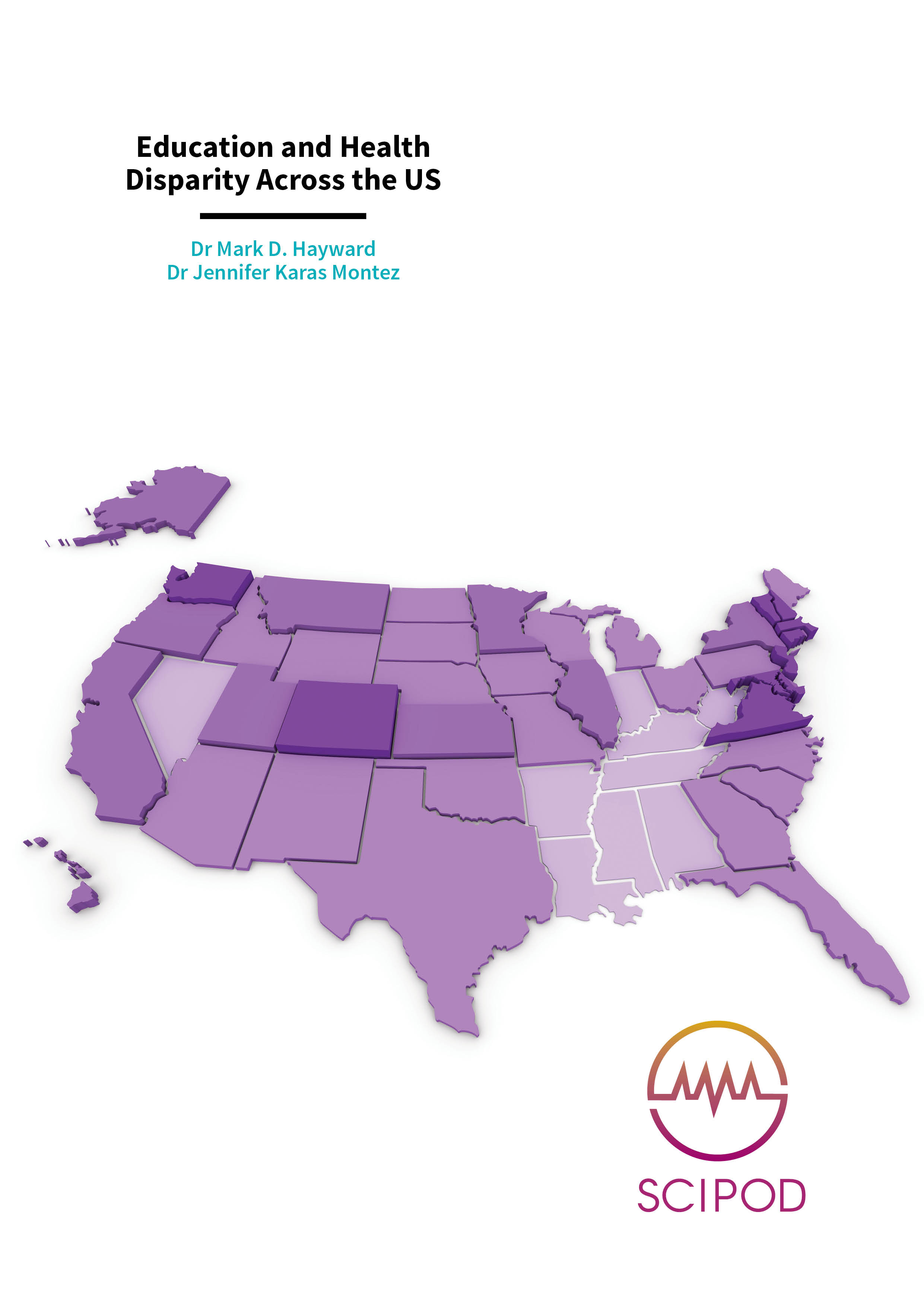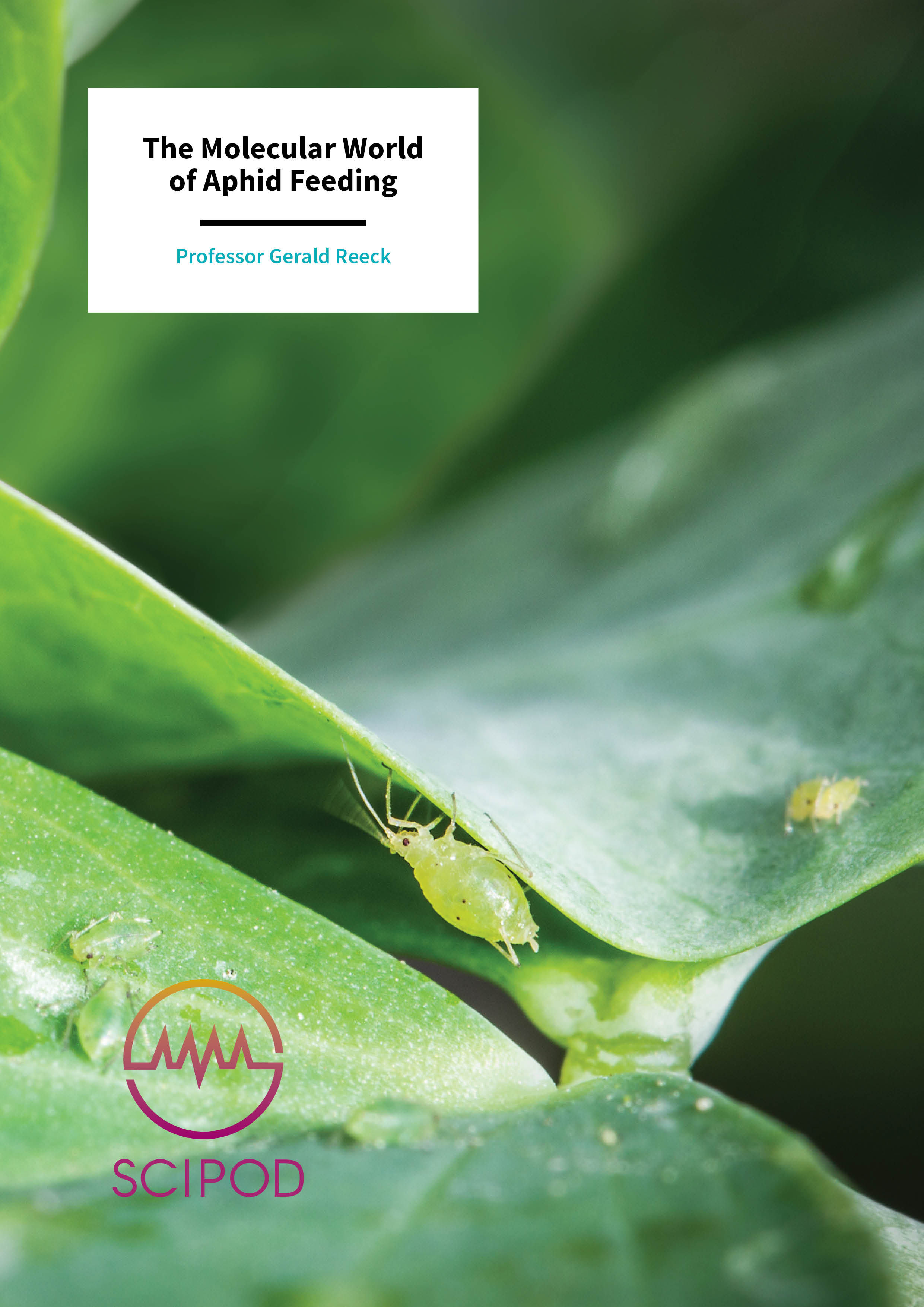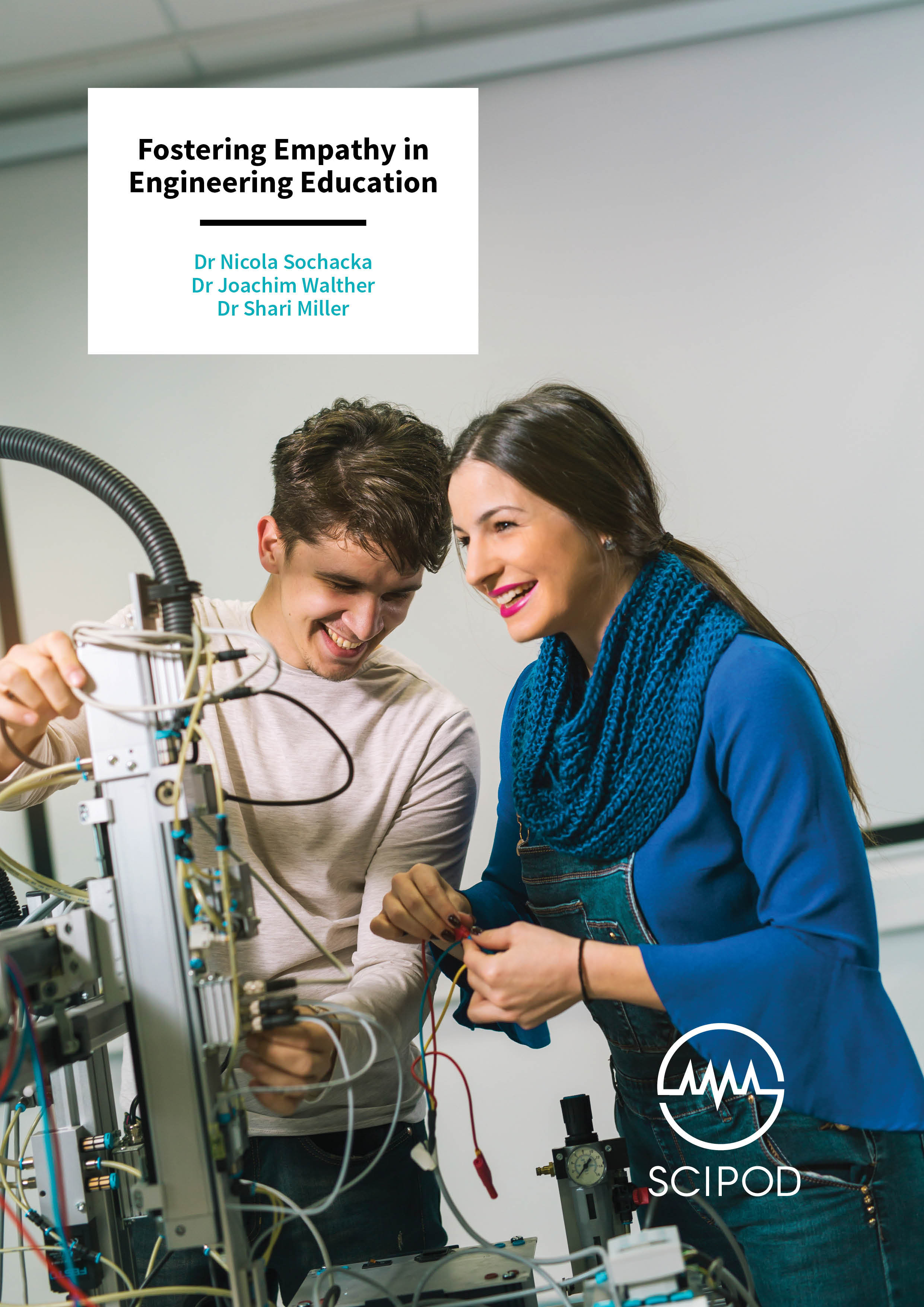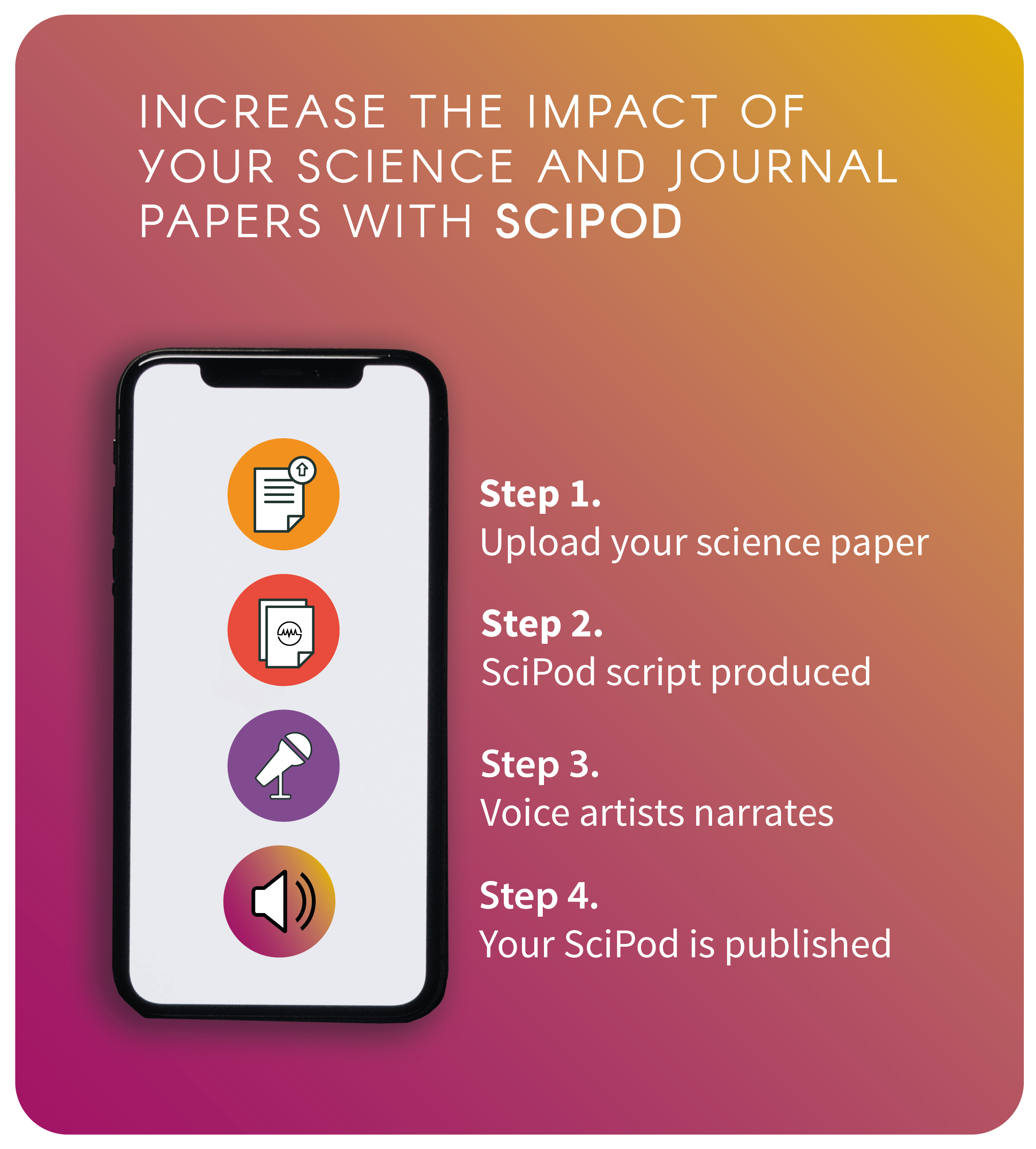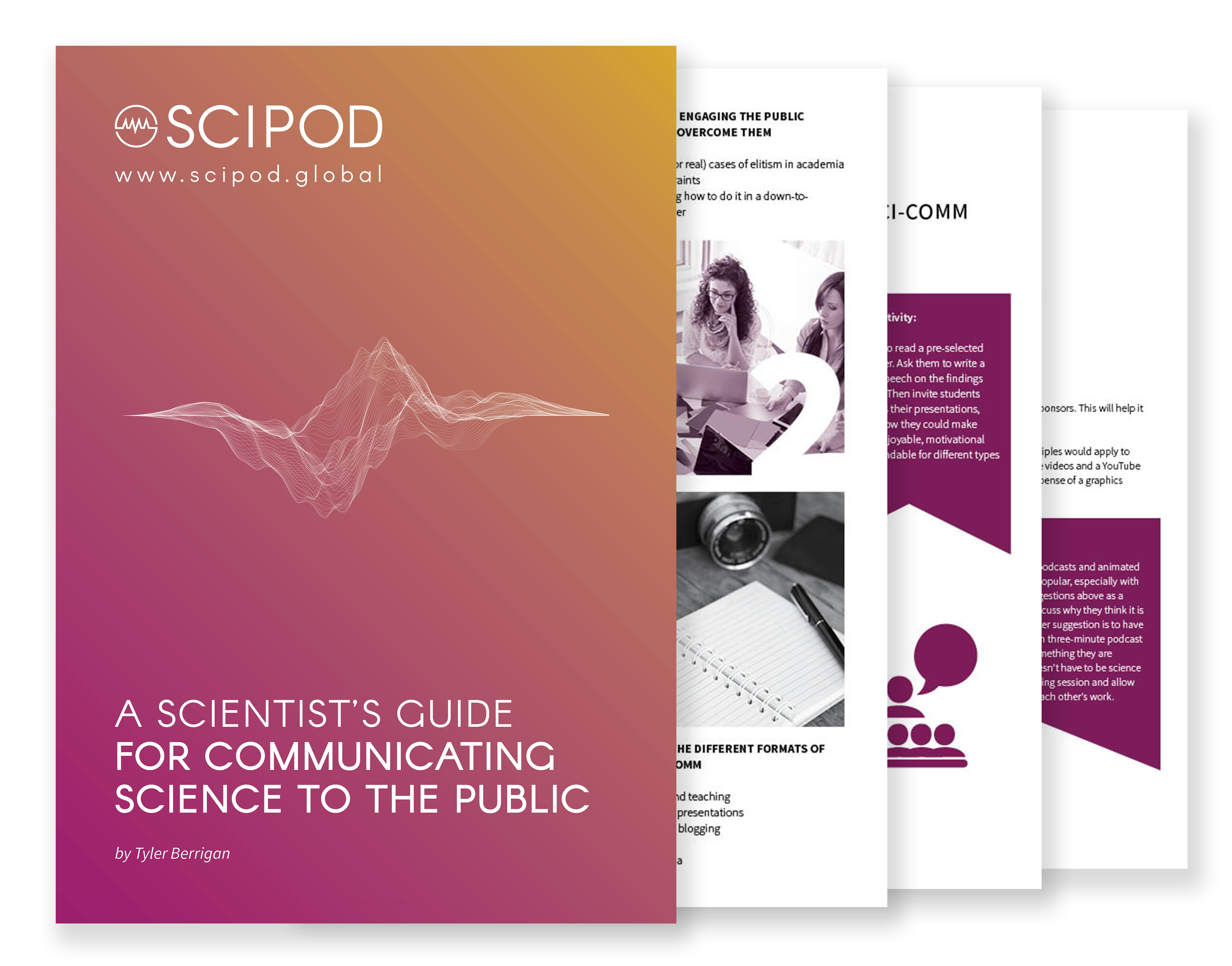Welcome to SciComm Radio
An exclusive interview series with leading scientists and science communicators
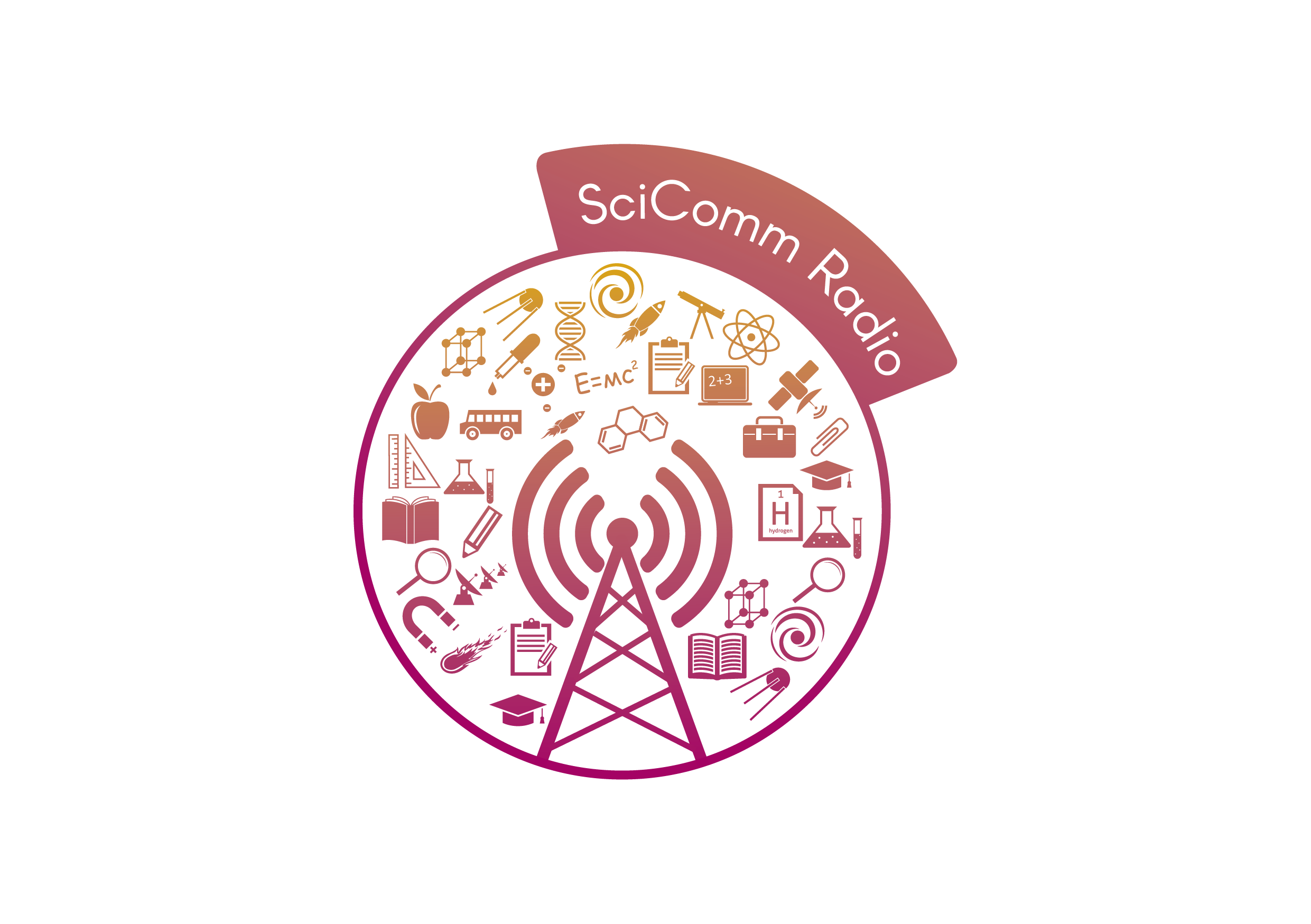
Click Below To Listen To A SciPod Radio Episode
An Integrated Approach To Fighting Inflammatory Bowel Disease – Dr Claudio Fiocchi, Lerner Research Institute, Cleveland Clinic
An Integrated Approach To Fighting Inflammatory Bowel Disease – Dr Claudio Fiocchi, Lerner Research Institute, Cleveland Clinic
Original Article Reference
https://doi.org/10.26320/SCIENTIA226
Share Episode
About this episode
This work is licensed under a Creative Commons Attribution 4.0 International License. 
What does this mean?
Share: You can copy and redistribute the material in any medium
or format
Adapt: You can change, and build upon the material for any
purpose, even commercially.
Credit: You must give appropriate credit, provide a link to the
license, and indicate if changes were made.
Related episodes
Increase the impact of your research
• Good science communication encourages everyday people to be scientifically literate so that they can analyse the integrity and legitimacy of information.
• Good science communication encourages people into STEM-related fields of study and employment.
• Good public science communication fosters a community around research that includes both members of the public, policymakers and scientists.
• In a recent survey, 75% of people suggested they would prefer to listen to an interesting story than read it.

Upload your science paper
Step 2
SciPod script written
Step 3
Voice audio recorded
Step 4
SciPod published
Bile Acids Are Not Just for Digestion – Professors Phillip Hylemon and Huiping Zhou, Virginia Commonwealth University
Bile Acids Are Not Just for Digestion – Professors Phillip Hylemon and Huiping Zhou, Virginia Commonwealth University
Original Article Reference
https://doi.org/10.26320/SCIENTIA228
Share Episode
About this episode
This work is licensed under a Creative Commons Attribution 4.0 International License. 
What does this mean?
Share: You can copy and redistribute the material in any medium
or format
Adapt: You can change, and build upon the material for any
purpose, even commercially.
Credit: You must give appropriate credit, provide a link to the
license, and indicate if changes were made.
Related episodes
Increase the impact of your research
• Good science communication encourages everyday people to be scientifically literate so that they can analyse the integrity and legitimacy of information.
• Good science communication encourages people into STEM-related fields of study and employment.
• Good public science communication fosters a community around research that includes both members of the public, policymakers and scientists.
• In a recent survey, 75% of people suggested they would prefer to listen to an interesting story than read it.

Upload your science paper
Step 2
SciPod script written
Step 3
Voice audio recorded
Step 4
SciPod published
A Different Tangent to Teaching Trigonometry – Professor James L. McClelland, Stanford University
A Different Tangent to Teaching Trigonometry – Professor James L. McClelland, Stanford University
Original Article Reference
https://doi.org/10.26320/SCIENTIA229
Share Episode
About this episode
This work is licensed under a Creative Commons Attribution 4.0 International License. 
What does this mean?
Share: You can copy and redistribute the material in any medium
or format
Adapt: You can change, and build upon the material for any
purpose, even commercially.
Credit: You must give appropriate credit, provide a link to the
license, and indicate if changes were made.
Related episodes
Increase the impact of your research
• Good science communication encourages everyday people to be scientifically literate so that they can analyse the integrity and legitimacy of information.
• Good science communication encourages people into STEM-related fields of study and employment.
• Good public science communication fosters a community around research that includes both members of the public, policymakers and scientists.
• In a recent survey, 75% of people suggested they would prefer to listen to an interesting story than read it.

Upload your science paper
Step 2
SciPod script written
Step 3
Voice audio recorded
Step 4
SciPod published
Understanding Hearing at the Cellular Level – Professor David Furness, Keele University
Understanding Hearing at the Cellular Level – Professor David Furness, Keele University
Original Article Reference
https://doi.org/10.26320/SCIENTIA232
Share Episode
About this episode
This work is licensed under a Creative Commons Attribution 4.0 International License. 
What does this mean?
Share: You can copy and redistribute the material in any medium
or format
Adapt: You can change, and build upon the material for any
purpose, even commercially.
Credit: You must give appropriate credit, provide a link to the
license, and indicate if changes were made.
Related episodes
Increase the impact of your research
• Good science communication encourages everyday people to be scientifically literate so that they can analyse the integrity and legitimacy of information.
• Good science communication encourages people into STEM-related fields of study and employment.
• Good public science communication fosters a community around research that includes both members of the public, policymakers and scientists.
• In a recent survey, 75% of people suggested they would prefer to listen to an interesting story than read it.

Upload your science paper
Step 2
SciPod script written
Step 3
Voice audio recorded
Step 4
SciPod published
A Flickering in the Darkness- Professor Gilles Gerbier, Queen’s University
A Flickering in the Darkness- Professor Gilles Gerbier, Queen’s University
Original Article Reference
https://doi.org/10.26320/SCIENTIA234
Share Episode
About this episode
This work is licensed under a Creative Commons Attribution 4.0 International License. 
What does this mean?
Share: You can copy and redistribute the material in any medium
or format
Adapt: You can change, and build upon the material for any
purpose, even commercially.
Credit: You must give appropriate credit, provide a link to the
license, and indicate if changes were made.
Related episodes
Increase the impact of your research
• Good science communication encourages everyday people to be scientifically literate so that they can analyse the integrity and legitimacy of information.
• Good science communication encourages people into STEM-related fields of study and employment.
• Good public science communication fosters a community around research that includes both members of the public, policymakers and scientists.
• In a recent survey, 75% of people suggested they would prefer to listen to an interesting story than read it.

Upload your science paper
Step 2
SciPod script written
Step 3
Voice audio recorded
Step 4
SciPod published
Biological Mechanisms Link Smoking, Lung Cancer and Ethnicity – Professor Stephen Hecht and Colleagues
Biological Mechanisms Link Smoking, Lung Cancer and Ethnicity – Professor Stephen Hecht and Colleagues
Original Article Reference
https://doi.org/10.26320/SCIENTIA216
Share Episode
About this episode
This work is licensed under a Creative Commons Attribution 4.0 International License. 
What does this mean?
Share: You can copy and redistribute the material in any medium
or format
Adapt: You can change, and build upon the material for any
purpose, even commercially.
Credit: You must give appropriate credit, provide a link to the
license, and indicate if changes were made.
Related episodes
Increase the impact of your research
• Good science communication encourages everyday people to be scientifically literate so that they can analyse the integrity and legitimacy of information.
• Good science communication encourages people into STEM-related fields of study and employment.
• Good public science communication fosters a community around research that includes both members of the public, policymakers and scientists.
• In a recent survey, 75% of people suggested they would prefer to listen to an interesting story than read it.

Upload your science paper
Step 2
SciPod script written
Step 3
Voice audio recorded
Step 4
SciPod published
Investigating the Role of Land Use in Climate Change – Professor Qi (Steve) Hu, University of Nebraska-Lincoln
Investigating the Role of Land Use in Climate Change – Professor Qi (Steve) Hu, University of Nebraska-Lincoln
Original Article Reference
https://doi.org/10.26320/SCIENTIA204
Share Episode
About this episode
This work is licensed under a Creative Commons Attribution 4.0 International License. 
What does this mean?
Share: You can copy and redistribute the material in any medium
or format
Adapt: You can change, and build upon the material for any
purpose, even commercially.
Credit: You must give appropriate credit, provide a link to the
license, and indicate if changes were made.
Related episodes
Increase the impact of your research
• Good science communication encourages everyday people to be scientifically literate so that they can analyse the integrity and legitimacy of information.
• Good science communication encourages people into STEM-related fields of study and employment.
• Good public science communication fosters a community around research that includes both members of the public, policymakers and scientists.
• In a recent survey, 75% of people suggested they would prefer to listen to an interesting story than read it.

Upload your science paper
Step 2
SciPod script written
Step 3
Voice audio recorded
Step 4
SciPod published
Understanding the Pathogenic Mechanisms of Intracellular Bacteria – Dr Darren Higgins, Harvard Medical School
Understanding the Pathogenic Mechanisms of Intracellular Bacteria – Dr Darren Higgins, Harvard Medical School
Original Article Reference
https://doi.org/10.26320/SCIENTIA222
Share Episode
About this episode
This work is licensed under a Creative Commons Attribution 4.0 International License. 
What does this mean?
Share: You can copy and redistribute the material in any medium
or format
Adapt: You can change, and build upon the material for any
purpose, even commercially.
Credit: You must give appropriate credit, provide a link to the
license, and indicate if changes were made.
Related episodes
Increase the impact of your research
• Good science communication encourages everyday people to be scientifically literate so that they can analyse the integrity and legitimacy of information.
• Good science communication encourages people into STEM-related fields of study and employment.
• Good public science communication fosters a community around research that includes both members of the public, policymakers and scientists.
• In a recent survey, 75% of people suggested they would prefer to listen to an interesting story than read it.

Upload your science paper
Step 2
SciPod script written
Step 3
Voice audio recorded
Step 4
SciPod published
Changing the Landscape of Geology, Forecasting Earthquakes – Professor Friedemann T. Freund, NASA Ames Research Center
Changing the Landscape of Geology, Forecasting Earthquakes – Professor Friedemann T. Freund, NASA Ames Research Center
Original Article Reference
https://doi.org/10.26320/SCIENTIA217
Share Episode
About this episode
This work is licensed under a Creative Commons Attribution 4.0 International License. 
What does this mean?
Share: You can copy and redistribute the material in any medium
or format
Adapt: You can change, and build upon the material for any
purpose, even commercially.
Credit: You must give appropriate credit, provide a link to the
license, and indicate if changes were made.
Related episodes
Increase the impact of your research
• Good science communication encourages everyday people to be scientifically literate so that they can analyse the integrity and legitimacy of information.
• Good science communication encourages people into STEM-related fields of study and employment.
• Good public science communication fosters a community around research that includes both members of the public, policymakers and scientists.
• In a recent survey, 75% of people suggested they would prefer to listen to an interesting story than read it.

Upload your science paper
Step 2
SciPod script written
Step 3
Voice audio recorded
Step 4
SciPod published
Raising the Bar in Stroke Recovery and Rehabilitation – The Medical University of South Carolina’s Center for Biomedical Research Excellence (COBRE)
Raising the Bar in Stroke Recovery and Rehabilitation – The Medical University of South Carolina’s Center for Biomedical Research Excellence (COBRE)
Original Article Reference
https://doi.org/10.26320/SCIENTIA254
Share Episode
About this episode
This work is licensed under a Creative Commons Attribution 4.0 International License. 
What does this mean?
Share: You can copy and redistribute the material in any medium
or format
Adapt: You can change, and build upon the material for any
purpose, even commercially.
Credit: You must give appropriate credit, provide a link to the
license, and indicate if changes were made.
Related episodes
Increase the impact of your research
• Good science communication encourages everyday people to be scientifically literate so that they can analyse the integrity and legitimacy of information.
• Good science communication encourages people into STEM-related fields of study and employment.
• Good public science communication fosters a community around research that includes both members of the public, policymakers and scientists.
• In a recent survey, 75% of people suggested they would prefer to listen to an interesting story than read it.

Upload your science paper
Step 2
SciPod script written
Step 3
Voice audio recorded
Step 4
SciPod published
The Shape of Rational Choices in Game Theory – Dr Tarun Sabarwal, University of Kansas
The Shape of Rational Choices in Game Theory – Dr Tarun Sabarwal, University of Kansas
Original Article Reference
https://doi.org/10.26320/SCIENTIA212
Share Episode
About this episode
The choices we make in various situations have collective effects on the patterns of overall movement in conflict and cooperation. Dr Tarun Sabarwal at the University of Kansas is investigating the ways in which the overall pictures produced by these behaviours can be predicted through mathematical models of game theory.
This work is licensed under a Creative Commons Attribution 4.0 International License. 
What does this mean?
Share: You can copy and redistribute the material in any medium
or format
Adapt: You can change, and build upon the material for any
purpose, even commercially.
Credit: You must give appropriate credit, provide a link to the
license, and indicate if changes were made.
Related episodes
Increase the impact of your research
• Good science communication encourages everyday people to be scientifically literate so that they can analyse the integrity and legitimacy of information.
• Good science communication encourages people into STEM-related fields of study and employment.
• Good public science communication fosters a community around research that includes both members of the public, policymakers and scientists.
• In a recent survey, 75% of people suggested they would prefer to listen to an interesting story than read it.

Upload your science paper
Step 2
SciPod script written
Step 3
Voice audio recorded
Step 4
SciPod published
At the Forefront of Imaging & Remote Sensing – Innovative Imaging and Research (I2R)
At the Forefront of Imaging & Remote Sensing – Innovative Imaging and Research (I2R)
Original Article Reference
https://doi.org/10.26320/SCIENTIA207
Share Episode
About this episode
This work is licensed under a Creative Commons Attribution 4.0 International License. 
What does this mean?
Share: You can copy and redistribute the material in any medium
or format
Adapt: You can change, and build upon the material for any
purpose, even commercially.
Credit: You must give appropriate credit, provide a link to the
license, and indicate if changes were made.
Related episodes
Increase the impact of your research
• Good science communication encourages everyday people to be scientifically literate so that they can analyse the integrity and legitimacy of information.
• Good science communication encourages people into STEM-related fields of study and employment.
• Good public science communication fosters a community around research that includes both members of the public, policymakers and scientists.
• In a recent survey, 75% of people suggested they would prefer to listen to an interesting story than read it.

Upload your science paper
Step 2
SciPod script written
Step 3
Voice audio recorded
Step 4
SciPod published
Collaborating to Study Interfaces in Miniaturised Materials – SFB 1083
Collaborating to Study Interfaces in Miniaturised Materials – SFB 1083
Original Article Reference
https://doi.org/10.33548/SCIENTIA452
Share Episode
About this episode
This work is licensed under a Creative Commons Attribution 4.0 International License. 
What does this mean?
Share: You can copy and redistribute the material in any medium
or format
Adapt: You can change, and build upon the material for any
purpose, even commercially.
Credit: You must give appropriate credit, provide a link to the
license, and indicate if changes were made.
Related episodes
Increase the impact of your research
• Good science communication encourages everyday people to be scientifically literate so that they can analyse the integrity and legitimacy of information.
• Good science communication encourages people into STEM-related fields of study and employment.
• Good public science communication fosters a community around research that includes both members of the public, policymakers and scientists.
• In a recent survey, 75% of people suggested they would prefer to listen to an interesting story than read it.

Upload your science paper
Step 2
SciPod script written
Step 3
Voice audio recorded
Step 4
SciPod published
New Perspectives on Marine Ecology: Technology Informs Oceanic Carbon Models – Dr Mark D. Ohman, Scripps Institution of Oceanography
New Perspectives on Marine Ecology: Technology Informs Oceanic Carbon Models – Dr Mark D. Ohman, Scripps Institution of Oceanography
Original Article Reference
https://doi.org/10.26320/SCIENTIA266
Share Episode
About this episode
This work is licensed under a Creative Commons Attribution 4.0 International License. 
What does this mean?
Share: You can copy and redistribute the material in any medium
or format
Adapt: You can change, and build upon the material for any
purpose, even commercially.
Credit: You must give appropriate credit, provide a link to the
license, and indicate if changes were made.
Related episodes
Increase the impact of your research
• Good science communication encourages everyday people to be scientifically literate so that they can analyse the integrity and legitimacy of information.
• Good science communication encourages people into STEM-related fields of study and employment.
• Good public science communication fosters a community around research that includes both members of the public, policymakers and scientists.
• In a recent survey, 75% of people suggested they would prefer to listen to an interesting story than read it.

Upload your science paper
Step 2
SciPod script written
Step 3
Voice audio recorded
Step 4
SciPod published
Addressing Inequality in Education – Dr Suzanna Rose, Florida International University
Addressing Inequality in Education – Dr Suzanna Rose, Florida International University
Original Article Reference
https://doi.org/10.33548/SCIENTIA452
Share Episode
About this episode
The underrepresentation of women and minority groups in science, technology, engineering, and mathematics (STEM) related fields of employment and study is a widespread and serious issue in academia. Dr Suzanna Rose of Florida International University (FIU) is breaking down the barriers that women and minorities face in taking up faculty positions within higher education institutions. Her mission is to achieve, sustain and advocate for faculty diversity at FIU.
This work is licensed under a Creative Commons Attribution 4.0 International License. 
What does this mean?
Share: You can copy and redistribute the material in any medium
or format
Adapt: You can change, and build upon the material for any
purpose, even commercially.
Credit: You must give appropriate credit, provide a link to the
license, and indicate if changes were made.
Related episodes
Increase the impact of your research
• Good science communication encourages everyday people to be scientifically literate so that they can analyse the integrity and legitimacy of information.
• Good science communication encourages people into STEM-related fields of study and employment.
• Good public science communication fosters a community around research that includes both members of the public, policymakers and scientists.
• In a recent survey, 75% of people suggested they would prefer to listen to an interesting story than read it.

Upload your science paper
Step 2
SciPod script written
Step 3
Voice audio recorded
Step 4
SciPod published
Protecting the Plains, A Comprehensive Approach to Invasive Plant Control – Professor KC Olson, Kansas State University
Protecting the Plains, A Comprehensive Approach to Invasive Plant Control – Professor KC Olson, Kansas State University
Original Article Reference
https://doi.org/10.26320/SCIENTIA219
Share Episode
About this episode
Around the world, invasive species provide a major threat to global biodiversity. The Great Plains of the United States are among the most threatened ecosystems, where a noxious invasive weed is overpowering the native tallgrass prairies. Professor KC Olson and his team at Kansas State University are working to identify eco-friendly ways to naturalise the weed and preserve native prairie.
This work is licensed under a Creative Commons Attribution 4.0 International License. 
What does this mean?
Share: You can copy and redistribute the material in any medium
or format
Adapt: You can change, and build upon the material for any
purpose, even commercially.
Credit: You must give appropriate credit, provide a link to the
license, and indicate if changes were made.
Related episodes
Increase the impact of your research
• Good science communication encourages everyday people to be scientifically literate so that they can analyse the integrity and legitimacy of information.
• Good science communication encourages people into STEM-related fields of study and employment.
• Good public science communication fosters a community around research that includes both members of the public, policymakers and scientists.
• In a recent survey, 75% of people suggested they would prefer to listen to an interesting story than read it.

Upload your science paper
Step 2
SciPod script written
Step 3
Voice audio recorded
Step 4
SciPod published
Focusing on the Problem in STEM Education – Dr John K. Coleman, Langston University
Focusing on the Problem in STEM Education – Dr John K. Coleman, Langston University
Original Article Reference
https://doi.org/10.26320/SCIENTIA205
Share Episode
About this episode
The modern workforce needs to be more science educated than ever, yet the number of students in higher education enrolled in scientific subjects has not increased. Dr John Coleman at Langston University, Oklahoma, is developing novel methods for teaching scientific concepts that engage students in critical problem-solving skills. His research is increasing retention in scientific undergraduate degrees and is laying the groundwork for a transformative method of science teaching.
This work is licensed under a Creative Commons Attribution 4.0 International License. 
What does this mean?
Share: You can copy and redistribute the material in any medium
or format
Adapt: You can change, and build upon the material for any
purpose, even commercially.
Credit: You must give appropriate credit, provide a link to the
license, and indicate if changes were made.
Related episodes
Increase the impact of your research
• Good science communication encourages everyday people to be scientifically literate so that they can analyse the integrity and legitimacy of information.
• Good science communication encourages people into STEM-related fields of study and employment.
• Good public science communication fosters a community around research that includes both members of the public, policymakers and scientists.
• In a recent survey, 75% of people suggested they would prefer to listen to an interesting story than read it.

Upload your science paper
Step 2
SciPod script written
Step 3
Voice audio recorded
Step 4
SciPod published
Complexed Drugs for Complex Diseases – Dr Joseph Anthoney Vetro, University of Nebraska Medical Center
Complexed Drugs for Complex Diseases – Dr Joseph Anthoney Vetro, University of Nebraska Medical Center
Original Article Reference
https://doi.org/10.26320/SCIENTIA210
Share Episode
About this episode
This work is licensed under a Creative Commons Attribution 4.0 International License. 
What does this mean?
Share: You can copy and redistribute the material in any medium
or format
Adapt: You can change, and build upon the material for any
purpose, even commercially.
Credit: You must give appropriate credit, provide a link to the
license, and indicate if changes were made.
Related episodes
Increase the impact of your research
• Good science communication encourages everyday people to be scientifically literate so that they can analyse the integrity and legitimacy of information.
• Good science communication encourages people into STEM-related fields of study and employment.
• Good public science communication fosters a community around research that includes both members of the public, policymakers and scientists.
• In a recent survey, 75% of people suggested they would prefer to listen to an interesting story than read it.

Upload your science paper
Step 2
SciPod script written
Step 3
Voice audio recorded
Step 4
SciPod published
Combatting the Lionfish Invasion – Dr Mark Hixon and Lab, University of Hawaii
Combatting the Lionfish Invasion – Dr Mark Hixon and Lab, University of Hawaii
Original Article Reference
https://doi.org/10.26320/SCIENTIA220
Share Episode
About this episode
This work is licensed under a Creative Commons Attribution 4.0 International License. 
What does this mean?
Share: You can copy and redistribute the material in any medium
or format
Adapt: You can change, and build upon the material for any
purpose, even commercially.
Credit: You must give appropriate credit, provide a link to the
license, and indicate if changes were made.
Related episodes
Increase the impact of your research
• Good science communication encourages everyday people to be scientifically literate so that they can analyse the integrity and legitimacy of information.
• Good science communication encourages people into STEM-related fields of study and employment.
• Good public science communication fosters a community around research that includes both members of the public, policymakers and scientists.
• In a recent survey, 75% of people suggested they would prefer to listen to an interesting story than read it.

Upload your science paper
Step 2
SciPod script written
Step 3
Voice audio recorded
Step 4
SciPod published
A New Generation of Chemical Sensors – Dr Simon Humphrey & Sam Dunning, University of Texas
A New Generation of Chemical Sensors – Dr Simon Humphrey & Sam Dunning, University of Texas
Original Article Reference
https://doi.org/10.26320/SCIENTIA201
Share Episode
About this episode
Dr Simon Humphrey and Sam Dunning at the University of Texas at Austin have created a new lanthanide-based chemical sensor that can identify trace levels of water in many different solvents, and can even distinguish between normal water and ‘heavy water’. The team’s new material could potentially be applied to medical imaging and for cleaning up chemical spills.
This work is licensed under a Creative Commons Attribution 4.0 International License. 
What does this mean?
Share: You can copy and redistribute the material in any medium
or format
Adapt: You can change, and build upon the material for any
purpose, even commercially.
Credit: You must give appropriate credit, provide a link to the
license, and indicate if changes were made.
Related episodes
Increase the impact of your research
• Good science communication encourages everyday people to be scientifically literate so that they can analyse the integrity and legitimacy of information.
• Good science communication encourages people into STEM-related fields of study and employment.
• Good public science communication fosters a community around research that includes both members of the public, policymakers and scientists.
• In a recent survey, 75% of people suggested they would prefer to listen to an interesting story than read it.

Upload your science paper
Step 2
SciPod script written
Step 3
Voice audio recorded
Step 4
SciPod published
Improving Aircraft Performance with Plasma Actuators – Drs Huu Duc Vo & Njuki W Mureithi, École Polytechnique de Montréal
Improving Aircraft Performance with Plasma Actuators – Drs Huu Duc Vo & Njuki W Mureithi, École Polytechnique de Montréal
Original Article Reference
https://doi.org/10.26320/SCIENTIA195
Share Episode
About this episode
This work is licensed under a Creative Commons Attribution 4.0 International License. 
What does this mean?
Share: You can copy and redistribute the material in any medium
or format
Adapt: You can change, and build upon the material for any
purpose, even commercially.
Credit: You must give appropriate credit, provide a link to the
license, and indicate if changes were made.
Related episodes
Increase the impact of your research
• Good science communication encourages everyday people to be scientifically literate so that they can analyse the integrity and legitimacy of information.
• Good science communication encourages people into STEM-related fields of study and employment.
• Good public science communication fosters a community around research that includes both members of the public, policymakers and scientists.
• In a recent survey, 75% of people suggested they would prefer to listen to an interesting story than read it.

Upload your science paper
Step 2
SciPod script written
Step 3
Voice audio recorded
Step 4
SciPod published
An Interdisciplinary Approach to Water Management – Drs Marcellus Caldas & Melinda Daniels, Stroud Water Research Centre
An Interdisciplinary Approach to Water Management – Drs Marcellus Caldas & Melinda Daniels, Stroud Water Research Centre
Original Article Reference
https://doi.org/10.26320/SCIENTIA196
Share Episode
About this episode
According to the WHO, half of the world’s population will be living in water-stressed areas by 2025. Therefore, managing our water resources is vital, especially in a changing climate. On that front, an interdisciplinary team from Kansas State University, led by Dr Marcellus Caldas and Dr Melinda Daniels from the Stroud Water Research Centre, seeks to understand how human-environment interactions and climate change affect water management and sustainability on the Central Great Plains of the United States.
This work is licensed under a Creative Commons Attribution 4.0 International License. 
What does this mean?
Share: You can copy and redistribute the material in any medium
or format
Adapt: You can change, and build upon the material for any
purpose, even commercially.
Credit: You must give appropriate credit, provide a link to the
license, and indicate if changes were made.
Related episodes
Increase the impact of your research
• Good science communication encourages everyday people to be scientifically literate so that they can analyse the integrity and legitimacy of information.
• Good science communication encourages people into STEM-related fields of study and employment.
• Good public science communication fosters a community around research that includes both members of the public, policymakers and scientists.
• In a recent survey, 75% of people suggested they would prefer to listen to an interesting story than read it.

Upload your science paper
Step 2
SciPod script written
Step 3
Voice audio recorded
Step 4
SciPod published
Buzzing & Blooming, Bee-Flower Interactions in Crop Production – Professor Johanne Brunet, USDA-ARS Vegetable Crops Research Unit
Buzzing & Blooming, Bee-Flower Interactions in Crop Production – Professor Johanne Brunet, USDA-ARS Vegetable Crops Research Unit
Original Article Reference
https://doi.org/10.26320/SCIENTIA199
Share Episode
About this episode
This work is licensed under a Creative Commons Attribution 4.0 International License. 
What does this mean?
Share: You can copy and redistribute the material in any medium
or format
Adapt: You can change, and build upon the material for any
purpose, even commercially.
Credit: You must give appropriate credit, provide a link to the
license, and indicate if changes were made.
Related episodes
Increase the impact of your research
• Good science communication encourages everyday people to be scientifically literate so that they can analyse the integrity and legitimacy of information.
• Good science communication encourages people into STEM-related fields of study and employment.
• Good public science communication fosters a community around research that includes both members of the public, policymakers and scientists.
• In a recent survey, 75% of people suggested they would prefer to listen to an interesting story than read it.

Upload your science paper
Step 2
SciPod script written
Step 3
Voice audio recorded
Step 4
SciPod published
The Role of Policies in Managing Scarce Water Resources – Drs Jose Albiac, Ariel Dinar, Encarna Esteban & Dr Taher Kahil
The Role of Policies in Managing Scarce Water Resources – Drs Jose Albiac, Ariel Dinar, Encarna Esteban & Dr Taher Kahil
Original Article Reference
https://doi.org/10.26320/SCIENTIA185
Share Episode
About this episode
This work is licensed under a Creative Commons Attribution 4.0 International License. 
What does this mean?
Share: You can copy and redistribute the material in any medium
or format
Adapt: You can change, and build upon the material for any
purpose, even commercially.
Credit: You must give appropriate credit, provide a link to the
license, and indicate if changes were made.
Related episodes
Increase the impact of your research
• Good science communication encourages everyday people to be scientifically literate so that they can analyse the integrity and legitimacy of information.
• Good science communication encourages people into STEM-related fields of study and employment.
• Good public science communication fosters a community around research that includes both members of the public, policymakers and scientists.
• In a recent survey, 75% of people suggested they would prefer to listen to an interesting story than read it.

Upload your science paper
Step 2
SciPod script written
Step 3
Voice audio recorded
Step 4
SciPod published
Negative Ion Formation in Complex Heavy Systems – Dr Alfred Msezane, Clark Atlanta University
Negative Ion Formation in Complex Heavy Systems – Dr Alfred Msezane, Clark Atlanta University
Original Article Reference
https://doi.org/10.26320/SCIENTIA192
Share Episode
About this episode
This work is licensed under a Creative Commons Attribution 4.0 International License. 
What does this mean?
Share: You can copy and redistribute the material in any medium
or format
Adapt: You can change, and build upon the material for any
purpose, even commercially.
Credit: You must give appropriate credit, provide a link to the
license, and indicate if changes were made.
Related episodes
Increase the impact of your research
• Good science communication encourages everyday people to be scientifically literate so that they can analyse the integrity and legitimacy of information.
• Good science communication encourages people into STEM-related fields of study and employment.
• Good public science communication fosters a community around research that includes both members of the public, policymakers and scientists.
• In a recent survey, 75% of people suggested they would prefer to listen to an interesting story than read it.

Upload your science paper
Step 2
SciPod script written
Step 3
Voice audio recorded
Step 4
SciPod published
Inspiring Science Teachers in the Arizona Borderlands – Dr Etta Kralovec, University of Arizona, South
Inspiring Science Teachers in the Arizona Borderlands – Dr Etta Kralovec, University of Arizona, South
Original Article Reference
https://doi.org/10.26320/SCIENTIA171
Share Episode
About this episode
This work is licensed under a Creative Commons Attribution 4.0 International License. 
What does this mean?
Share: You can copy and redistribute the material in any medium
or format
Adapt: You can change, and build upon the material for any
purpose, even commercially.
Credit: You must give appropriate credit, provide a link to the
license, and indicate if changes were made.
Related episodes
Increase the impact of your research
• Good science communication encourages everyday people to be scientifically literate so that they can analyse the integrity and legitimacy of information.
• Good science communication encourages people into STEM-related fields of study and employment.
• Good public science communication fosters a community around research that includes both members of the public, policymakers and scientists.
• In a recent survey, 75% of people suggested they would prefer to listen to an interesting story than read it.

Upload your science paper
Step 2
SciPod script written
Step 3
Voice audio recorded
Step 4
SciPod published
Greener Pastures, Transforming Land Management Practices in the Cattle Industry – Department of Animal Sciences, Auburn University
Greener Pastures, Transforming Land Management Practices in the Cattle Industry – Department of Animal Sciences, Auburn University
Original Article Reference
https://doi.org/10.26320/SCIENTIA183
Share Episode
About this episode
This work is licensed under a Creative Commons Attribution 4.0 International License. 
What does this mean?
Share: You can copy and redistribute the material in any medium
or format
Adapt: You can change, and build upon the material for any
purpose, even commercially.
Credit: You must give appropriate credit, provide a link to the
license, and indicate if changes were made.
Related episodes
Increase the impact of your research
• Good science communication encourages everyday people to be scientifically literate so that they can analyse the integrity and legitimacy of information.
• Good science communication encourages people into STEM-related fields of study and employment.
• Good public science communication fosters a community around research that includes both members of the public, policymakers and scientists.
• In a recent survey, 75% of people suggested they would prefer to listen to an interesting story than read it.

Upload your science paper
Step 2
SciPod script written
Step 3
Voice audio recorded
Step 4
SciPod published
Education and Health Disparity Across the US – Drs Mark D. Hayward & Jennifer Karas Montez
Education and Health Disparity Across the US – Drs Mark D. Hayward & Jennifer Karas Montez
Original Article Reference
https://doi.org/10.26320/SCIENTIA172
Share Episode
About this episode
This work is licensed under a Creative Commons Attribution 4.0 International License. 
What does this mean?
Share: You can copy and redistribute the material in any medium
or format
Adapt: You can change, and build upon the material for any
purpose, even commercially.
Credit: You must give appropriate credit, provide a link to the
license, and indicate if changes were made.
Related episodes
Increase the impact of your research
• Good science communication encourages everyday people to be scientifically literate so that they can analyse the integrity and legitimacy of information.
• Good science communication encourages people into STEM-related fields of study and employment.
• Good public science communication fosters a community around research that includes both members of the public, policymakers and scientists.
• In a recent survey, 75% of people suggested they would prefer to listen to an interesting story than read it.

Upload your science paper
Step 2
SciPod script written
Step 3
Voice audio recorded
Step 4
SciPod published
The Molecular World of Aphid Feeding – Professor Gerald Reeck, Kansas State University
The Molecular World of Aphid Feeding – Professor Gerald Reeck, Kansas State University
Original Article Reference
https://doi.org/10.26320/SCIENTIA181
Share Episode
About this episode
Professor Gerald Reeck and his team at Kansas State University are investigating the molecular basis of aphid herbivory, including suppression of plant defences, using powerful methods of molecular genetics. This research is important for developing new aphid-pest resistance strategies for crop plants.
This work is licensed under a Creative Commons Attribution 4.0 International License. 
What does this mean?
Share: You can copy and redistribute the material in any medium
or format
Adapt: You can change, and build upon the material for any
purpose, even commercially.
Credit: You must give appropriate credit, provide a link to the
license, and indicate if changes were made.
Related episodes
Increase the impact of your research
• Good science communication encourages everyday people to be scientifically literate so that they can analyse the integrity and legitimacy of information.
• Good science communication encourages people into STEM-related fields of study and employment.
• Good public science communication fosters a community around research that includes both members of the public, policymakers and scientists.
• In a recent survey, 75% of people suggested they would prefer to listen to an interesting story than read it.

Upload your science paper
Step 2
SciPod script written
Step 3
Voice audio recorded
Step 4
SciPod published
Fostering Empathy in Engineering Education – Dr Nicola Sochacka, Dr Joachim Walther and Dr Shari Miller
Fostering Empathy in Engineering Education – Dr Nicola Sochacka, Dr Joachim Walther and Dr Shari Miller
Original Article Reference
https://doi.org/10.26320/SCIENTIA175
Share Episode
About this episode
 What does this mean? Share: You can copy and redistribute the material in any medium or format Adapt: You can change, and build upon the material for any purpose, even commercially. Credit: You must give appropriate credit, provide a link to the license, and indicate if changes were made.
What does this mean? Share: You can copy and redistribute the material in any medium or format Adapt: You can change, and build upon the material for any purpose, even commercially. Credit: You must give appropriate credit, provide a link to the license, and indicate if changes were made.Related episodes
Increase the impact of your research


